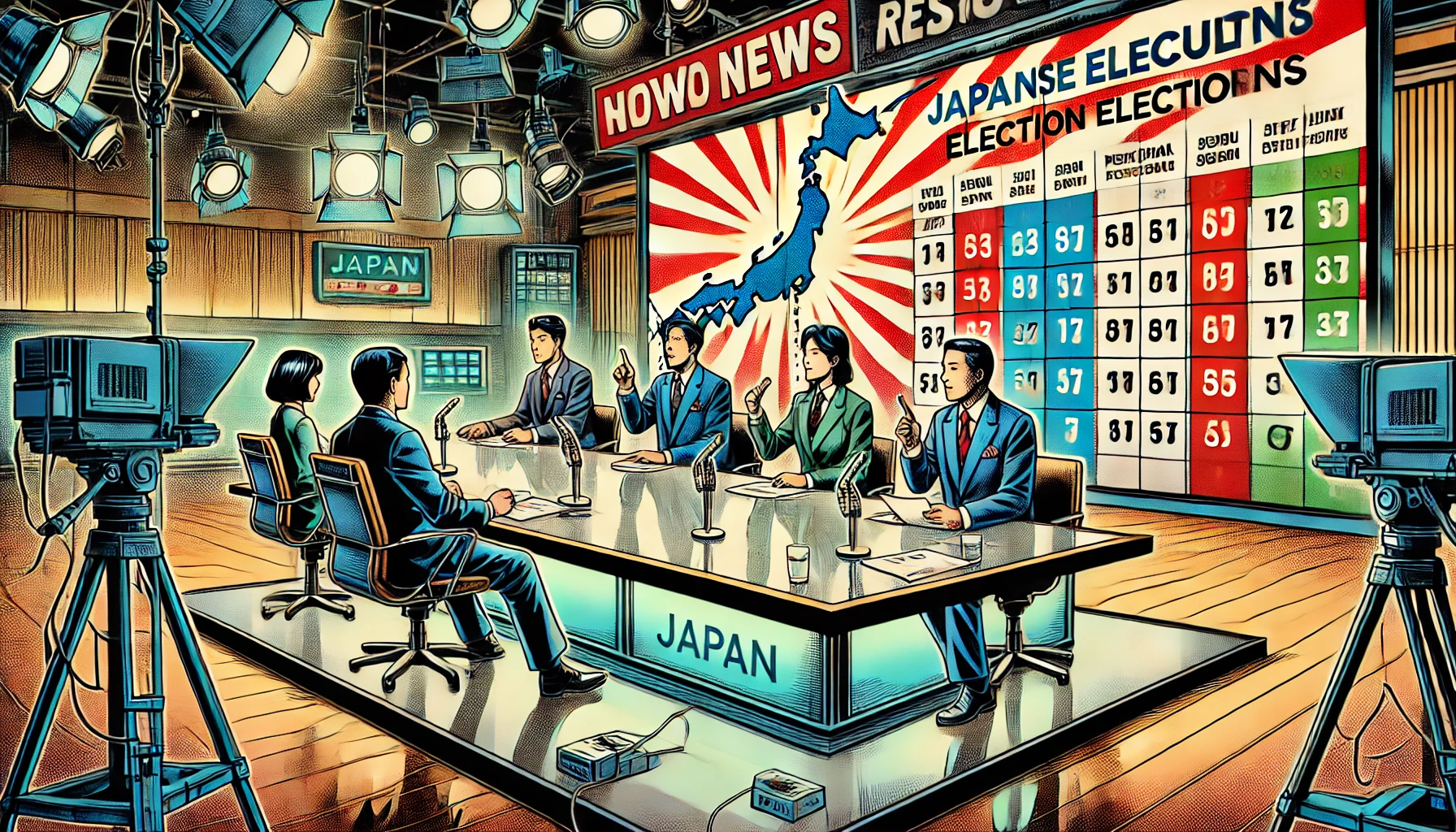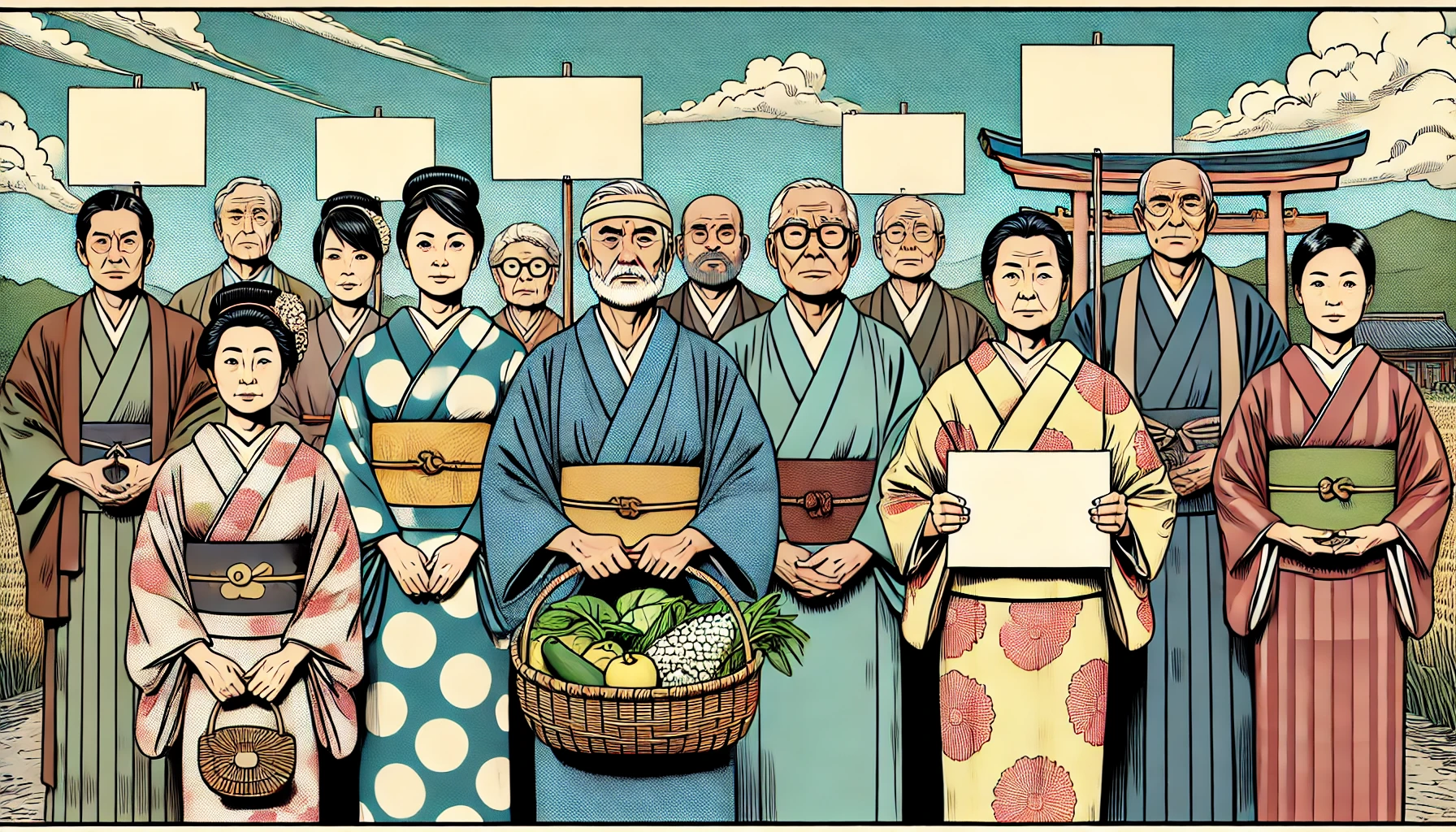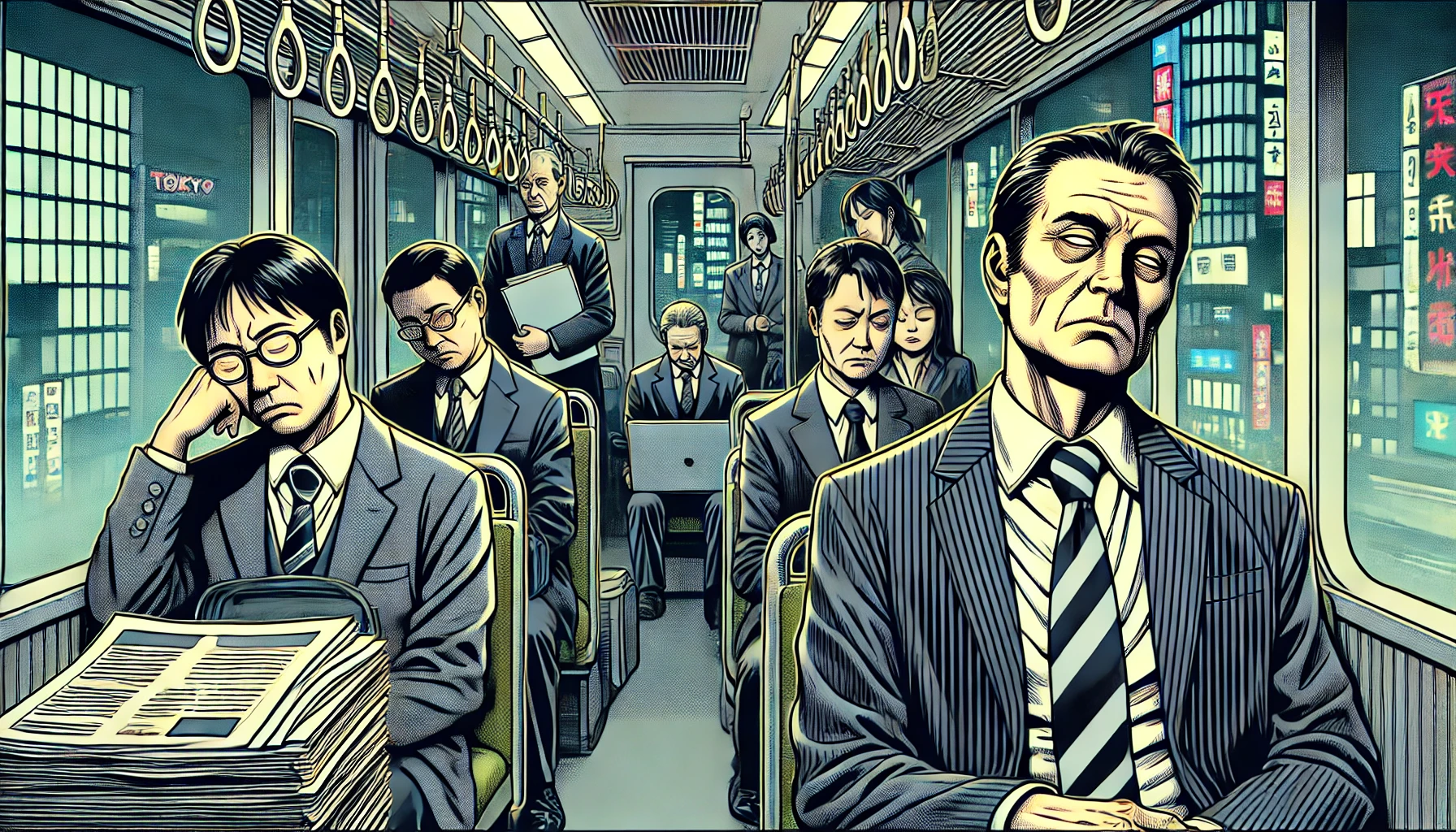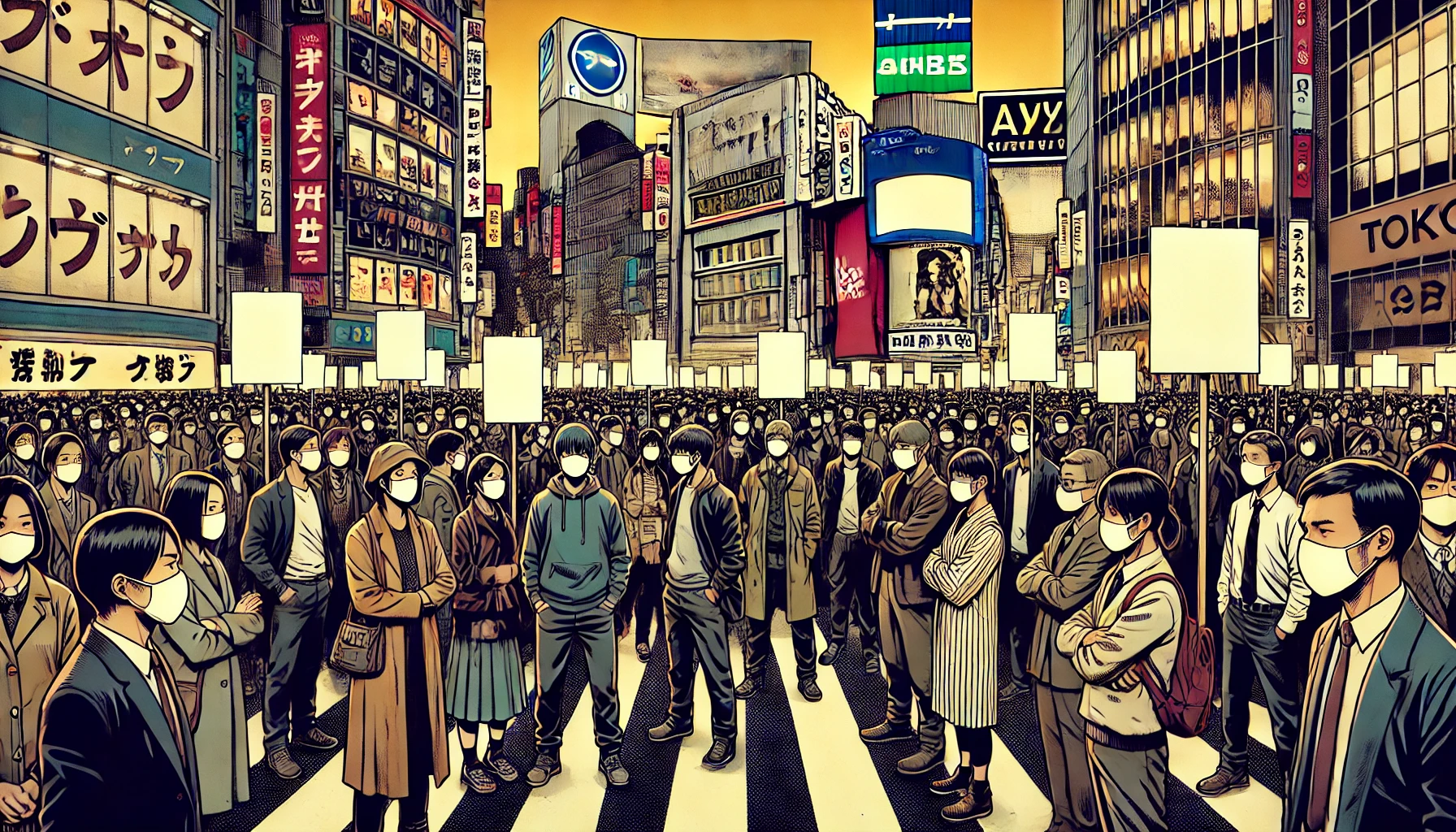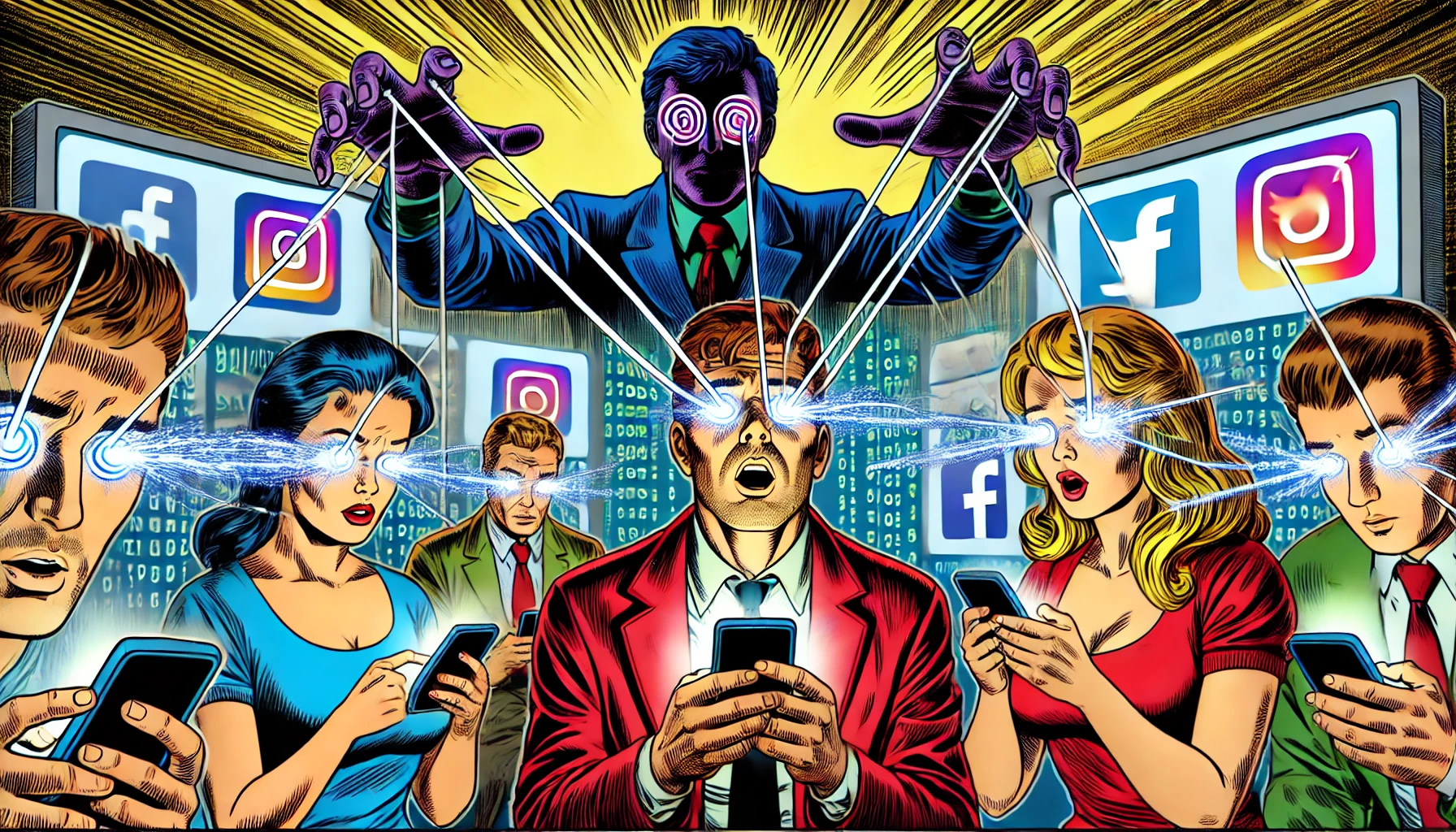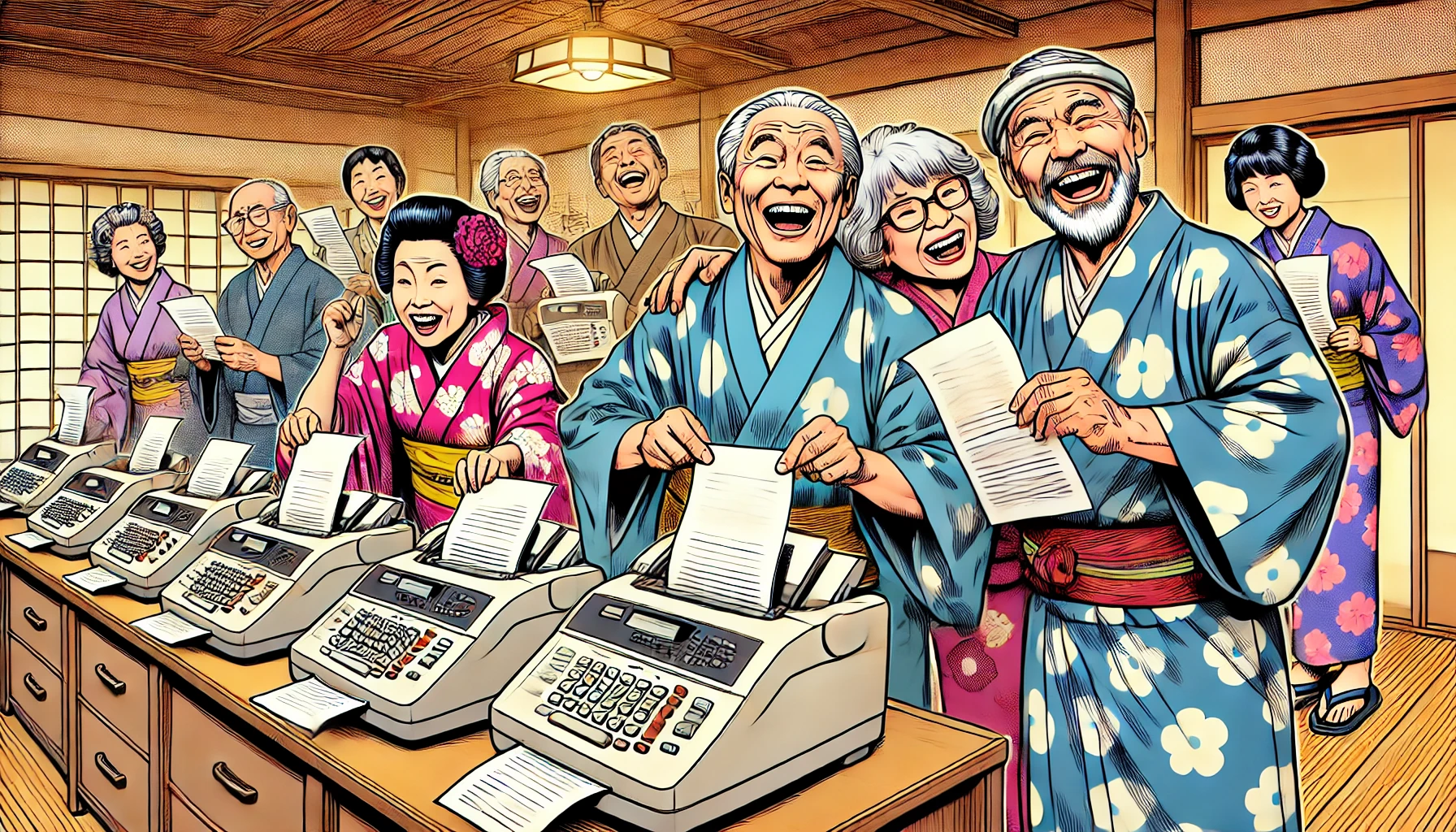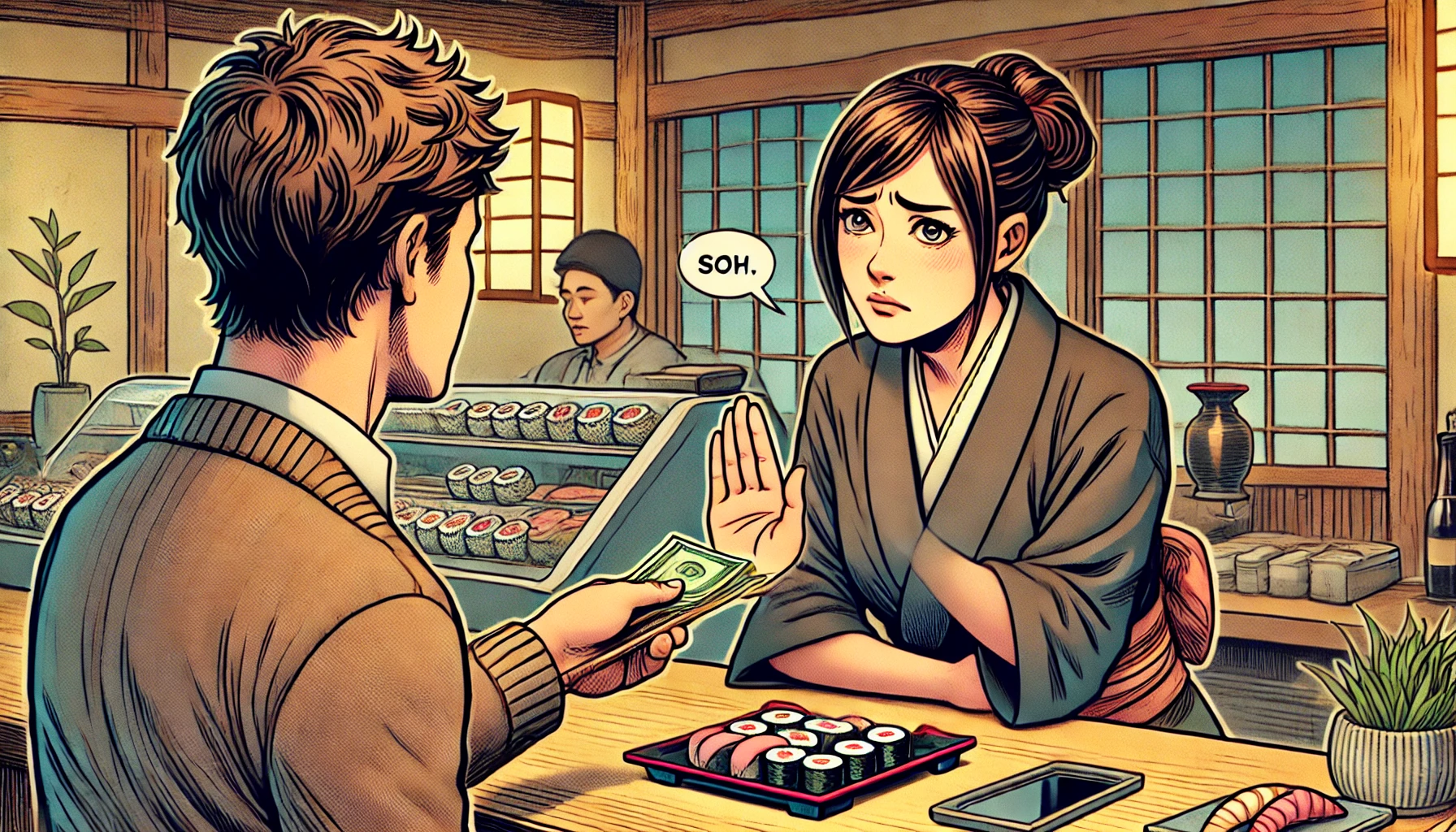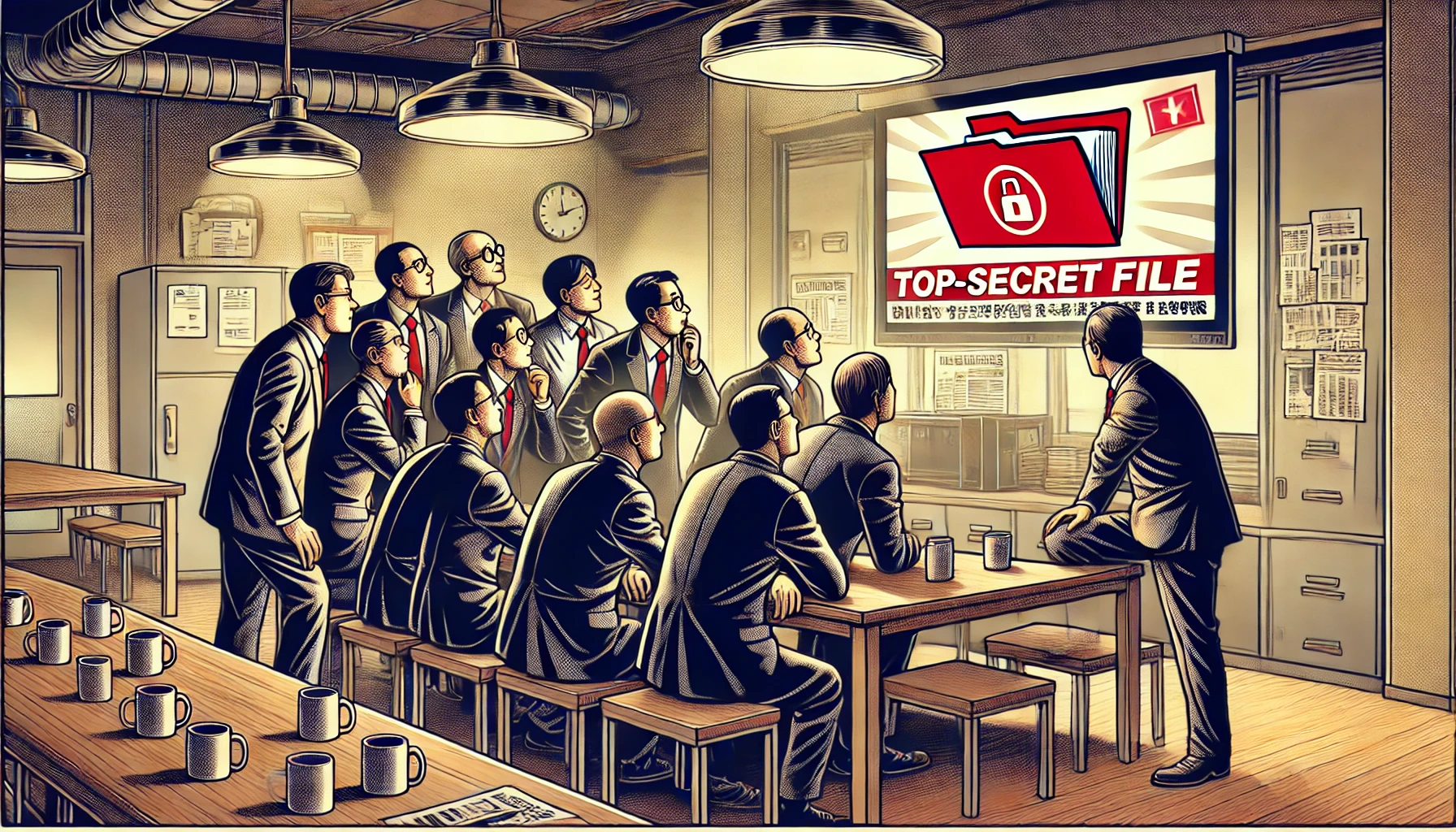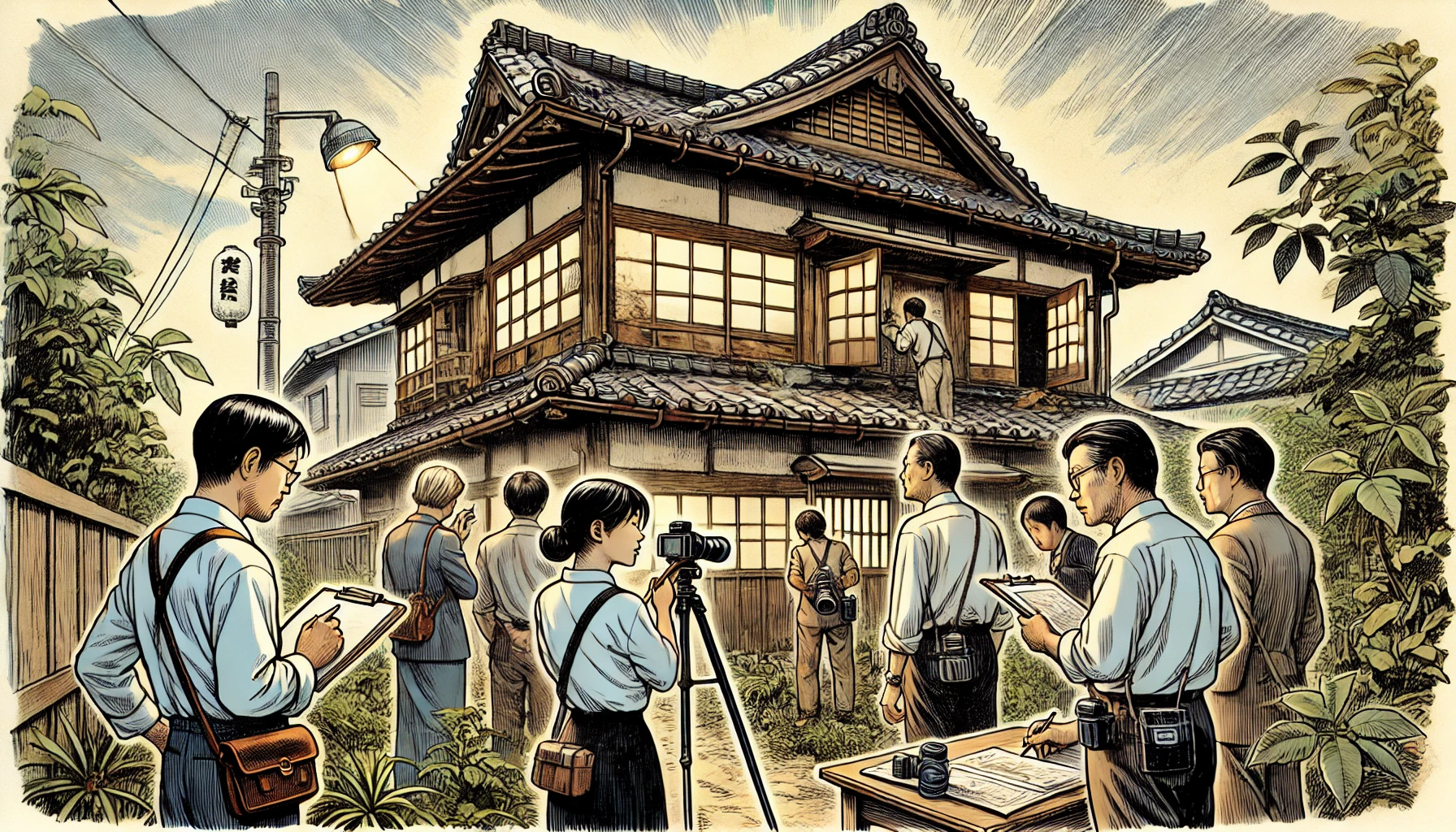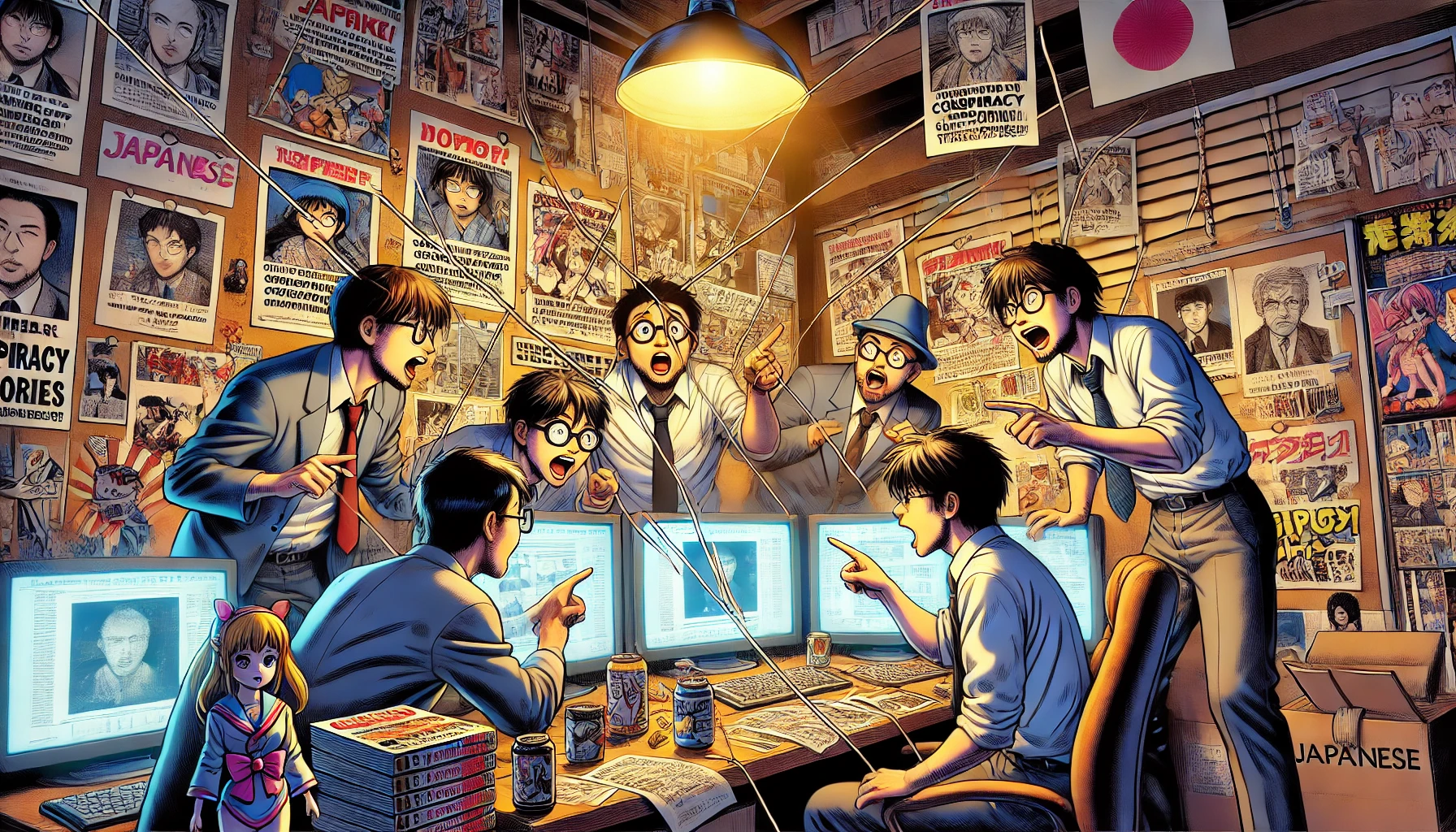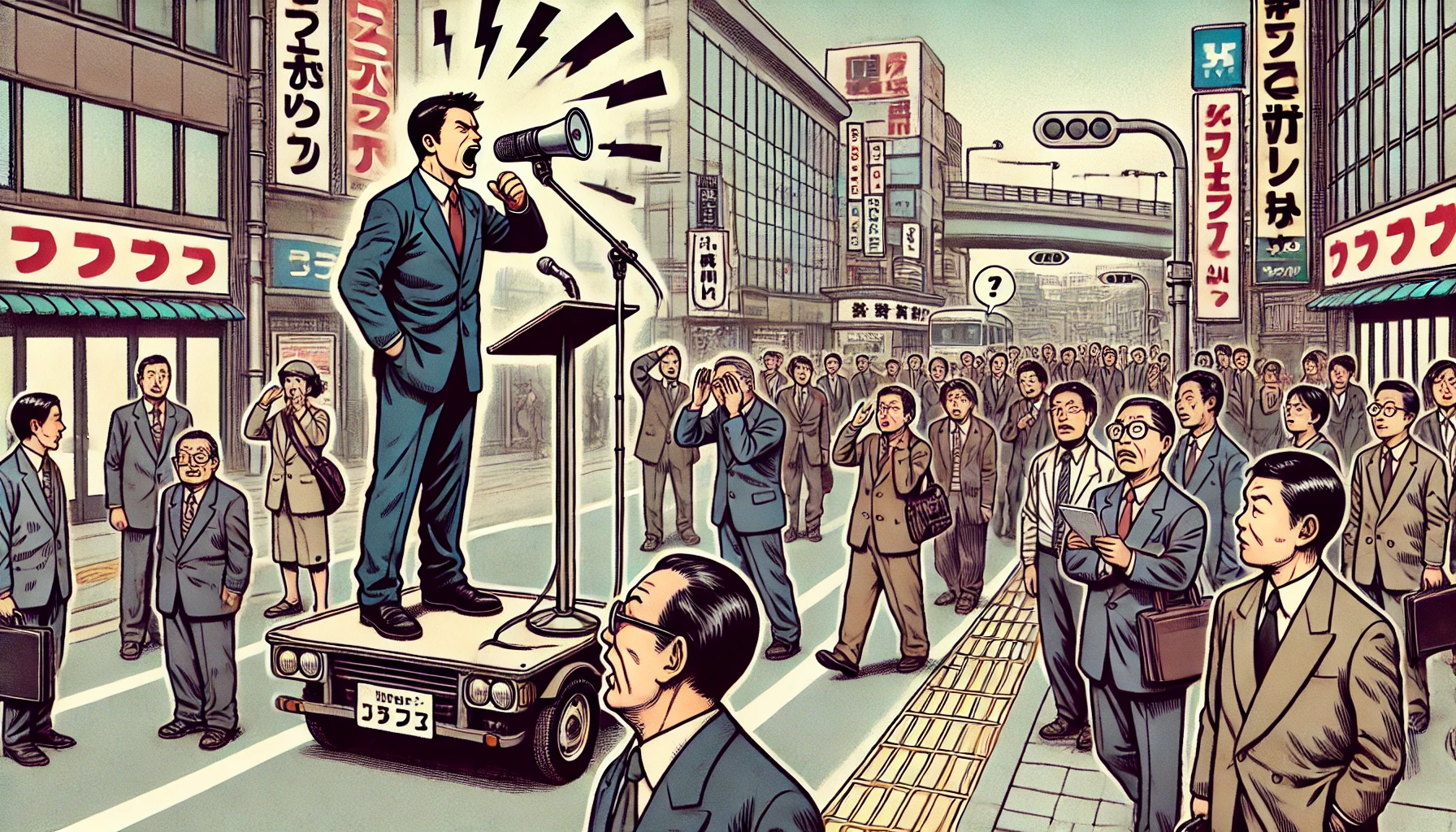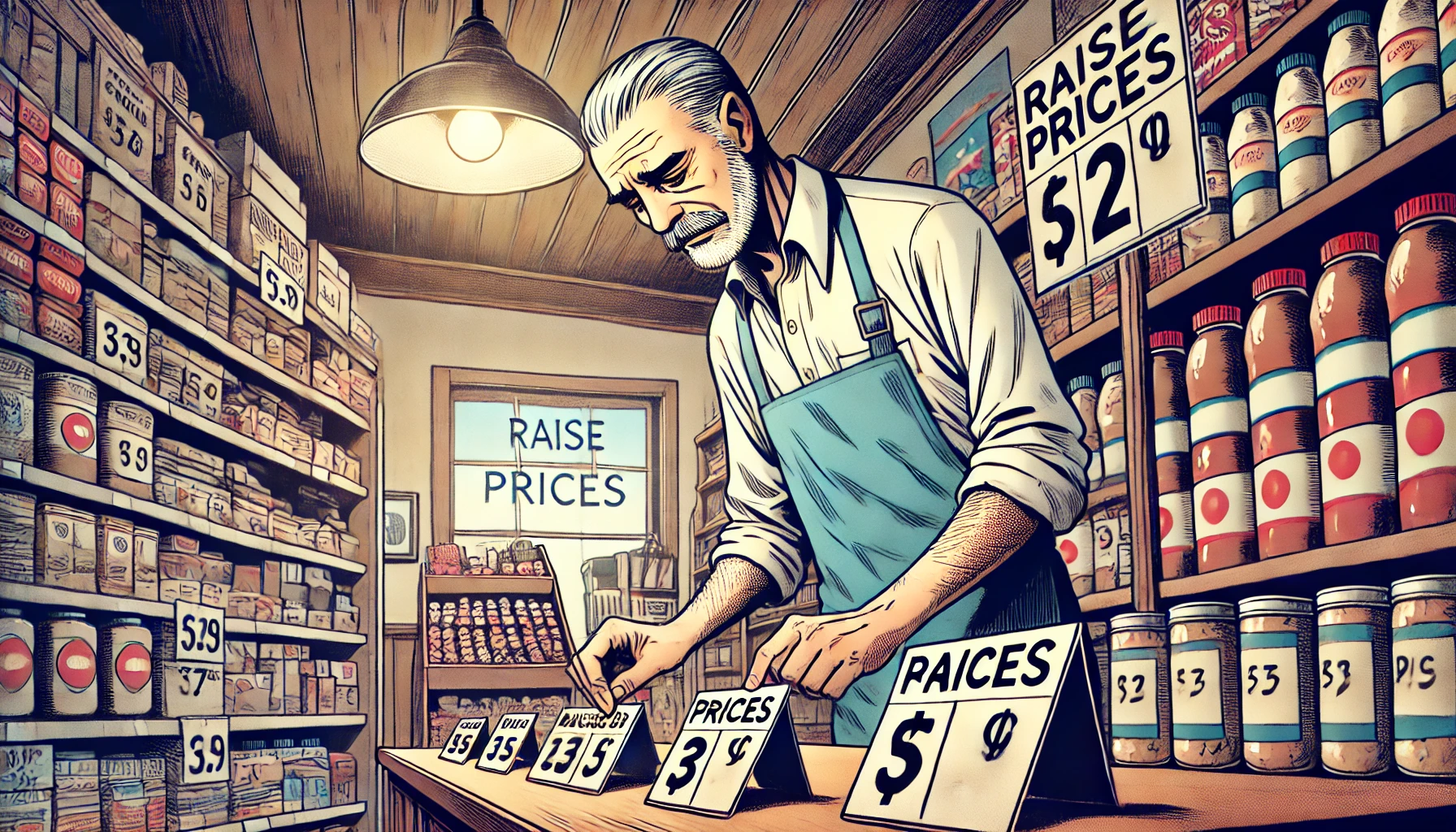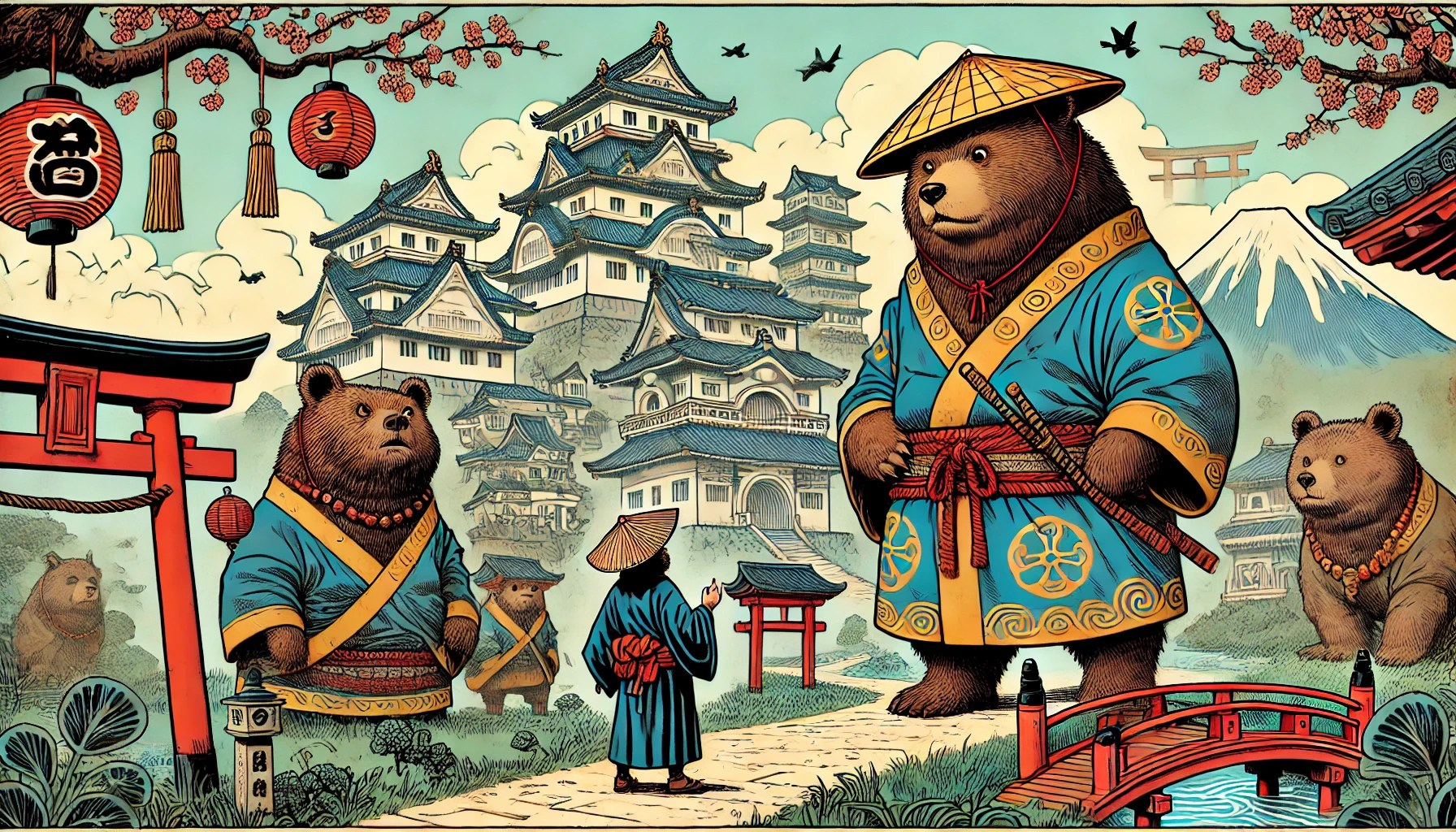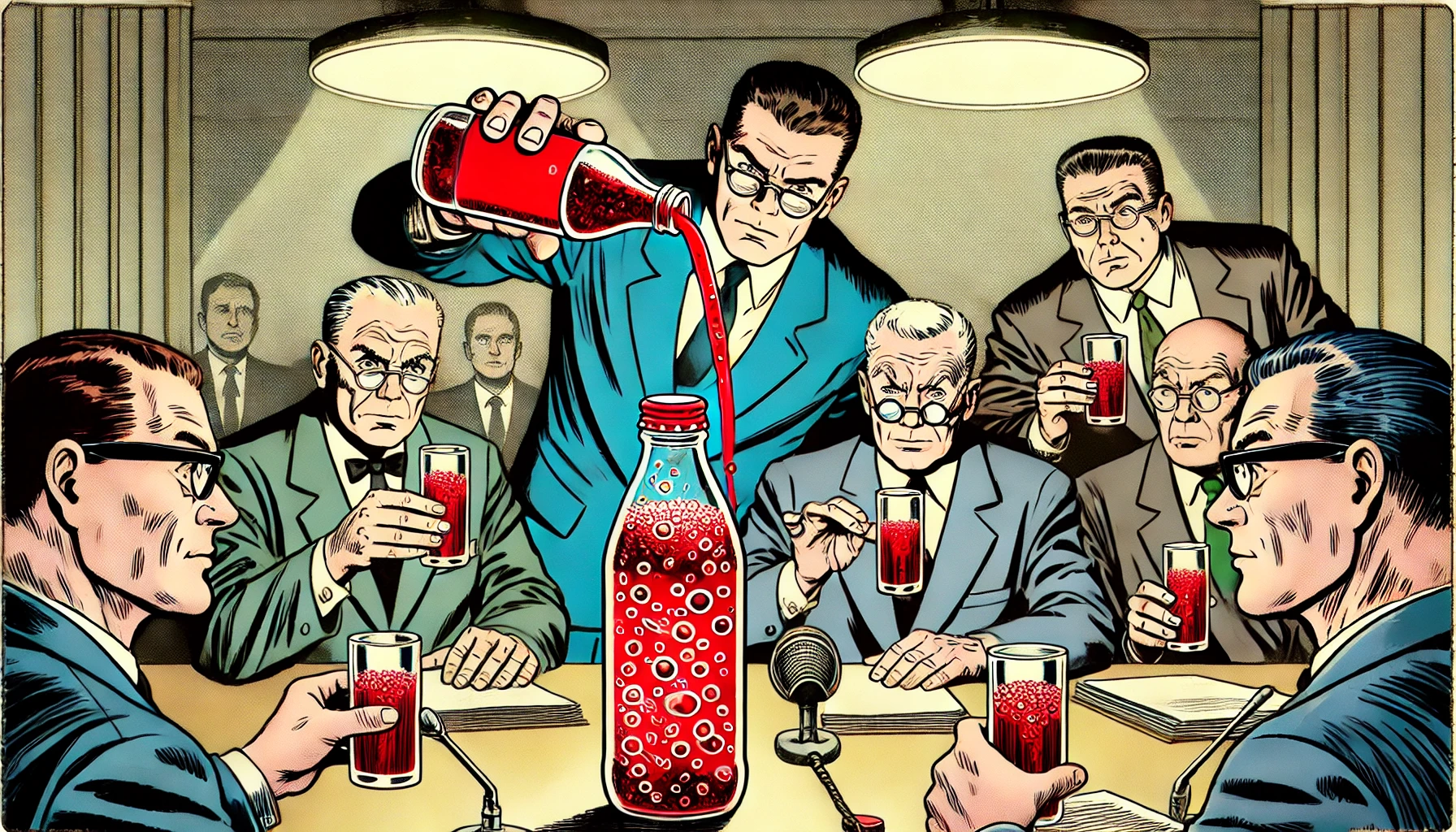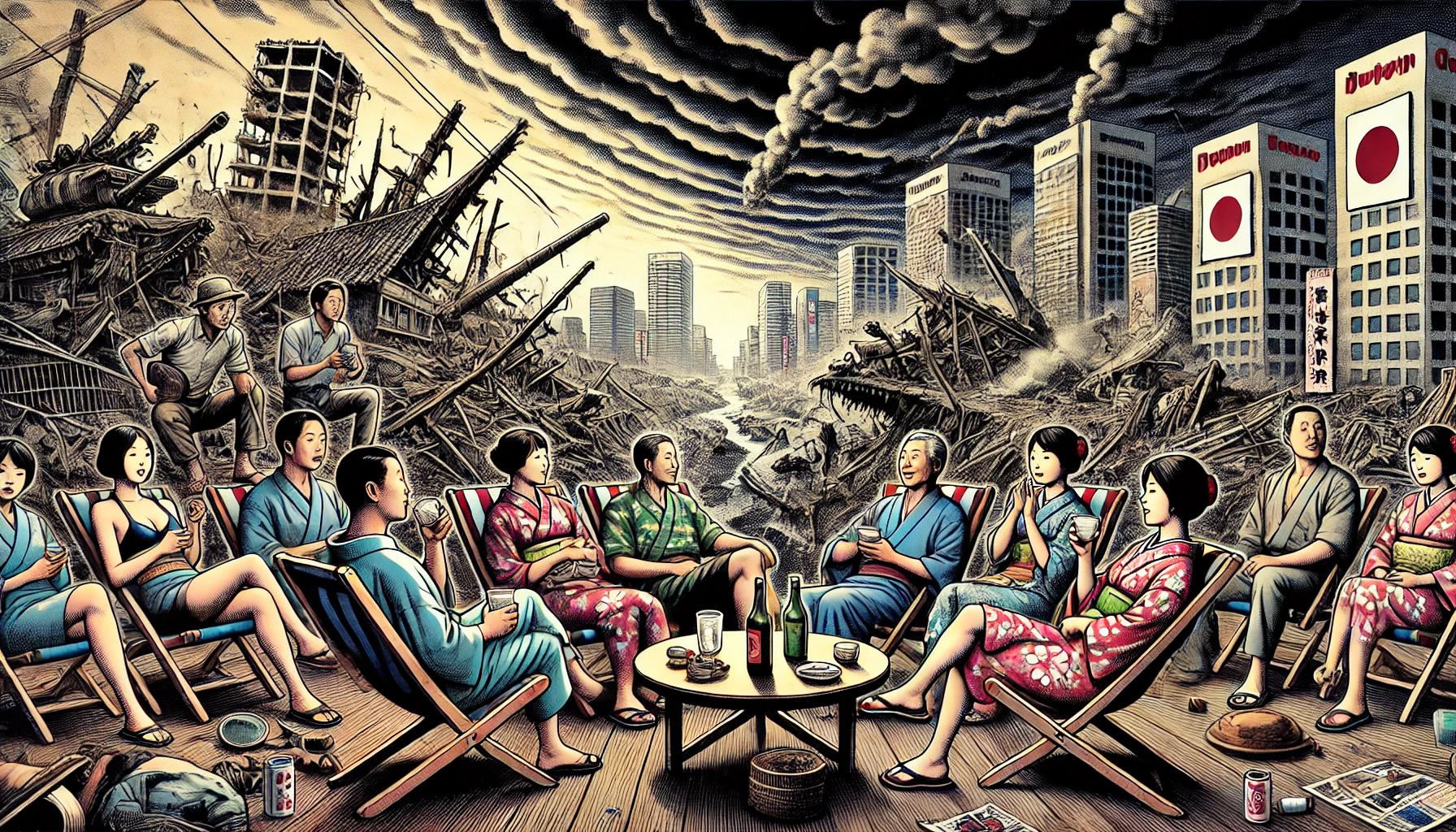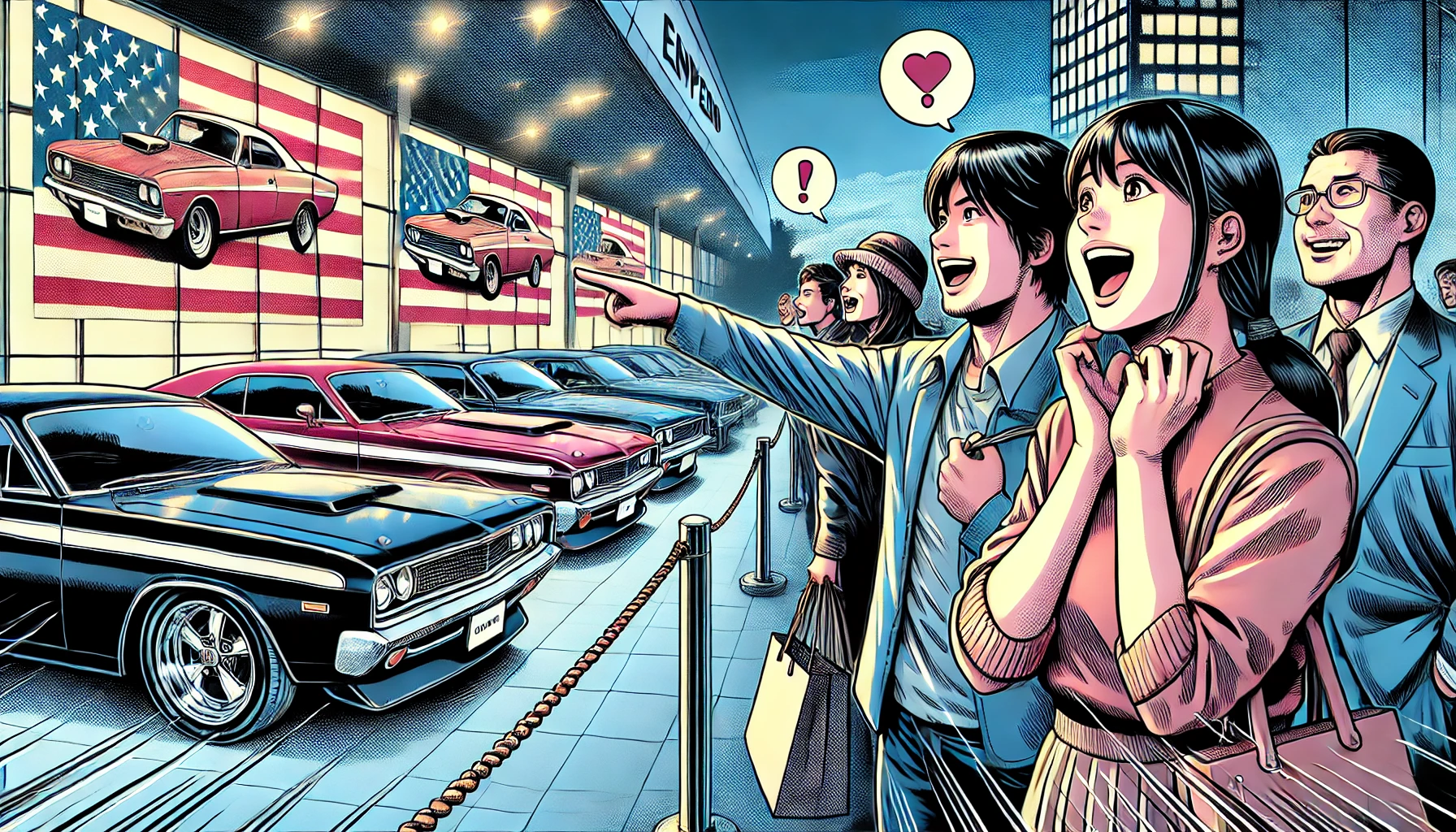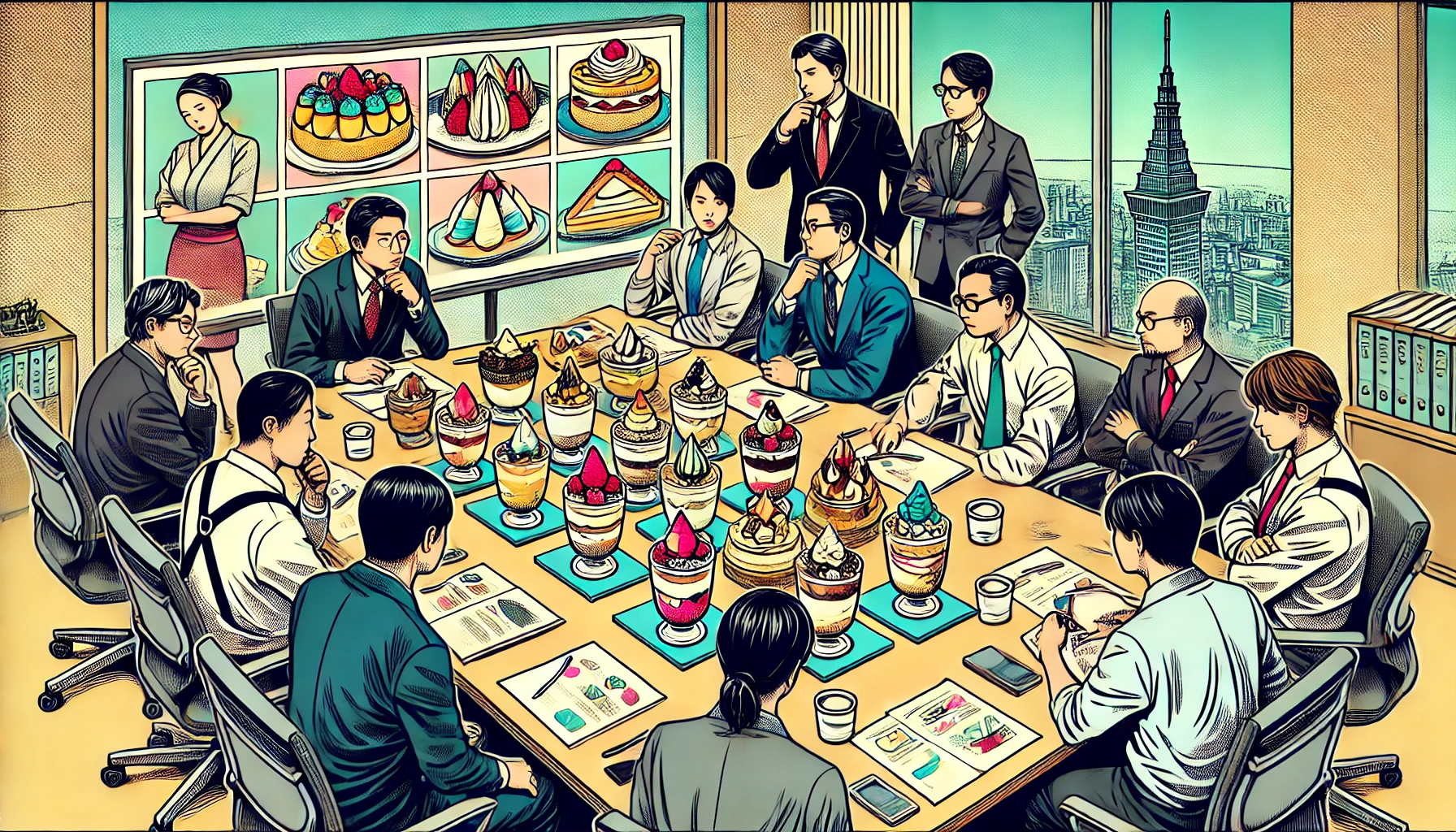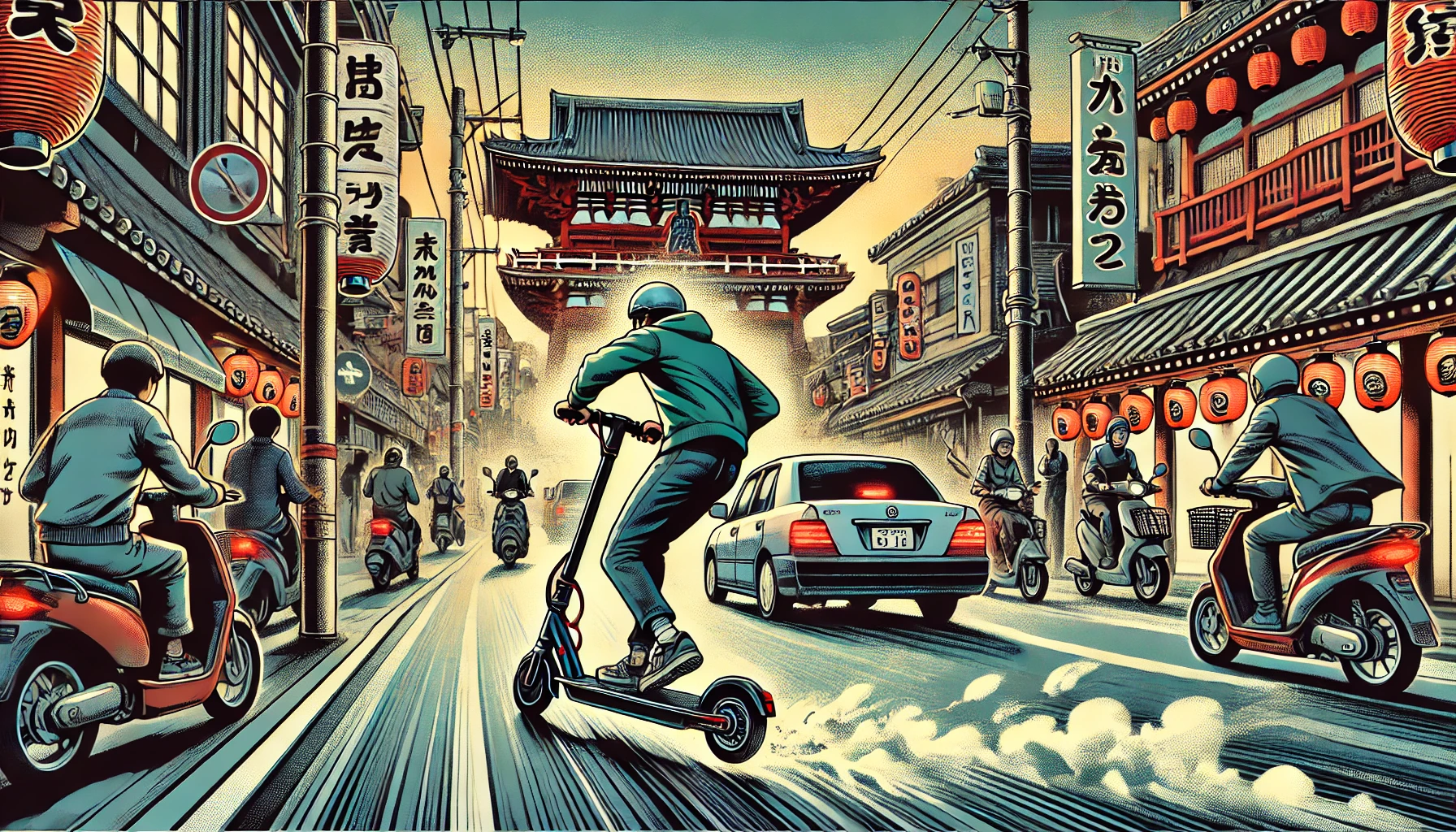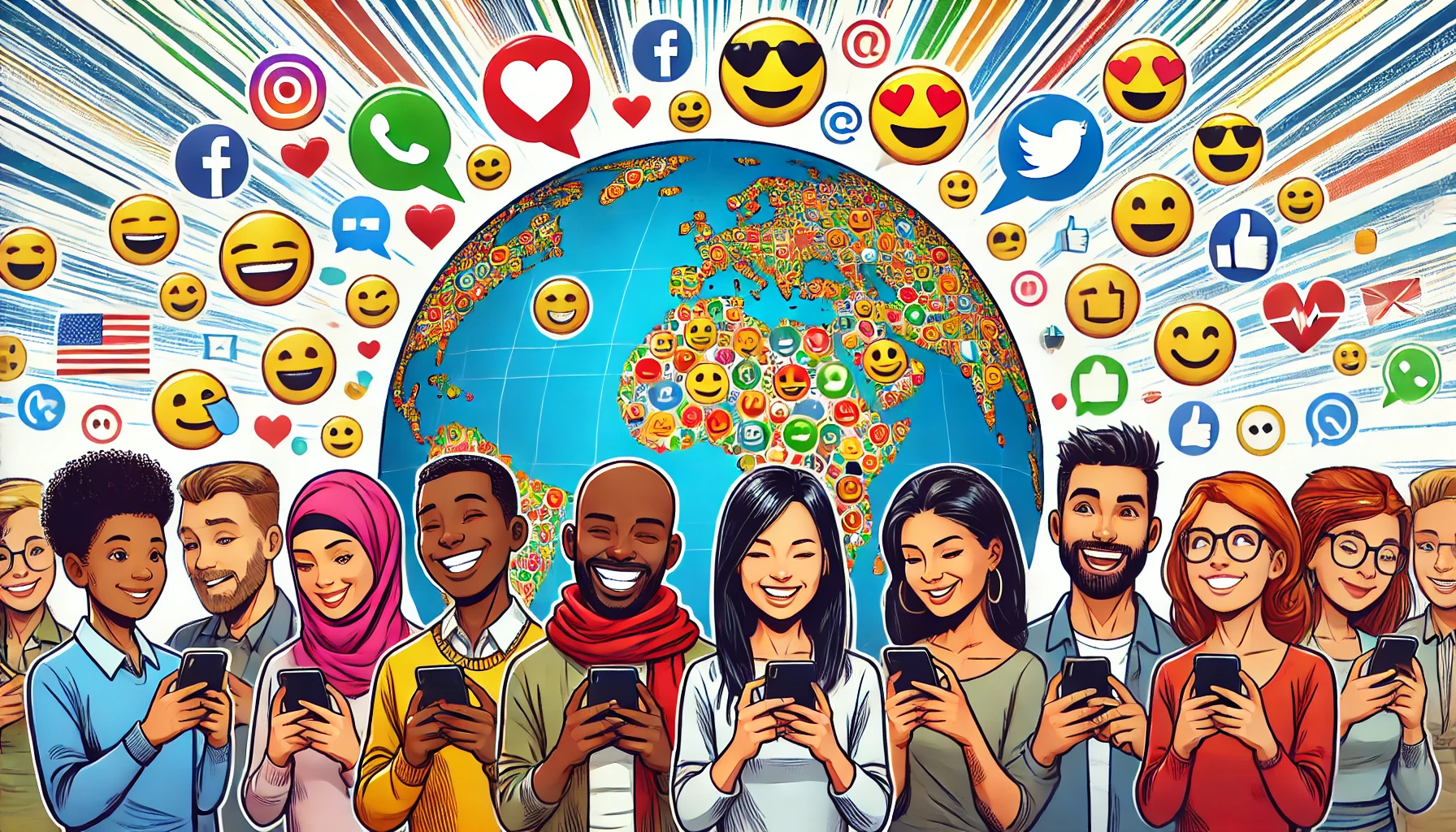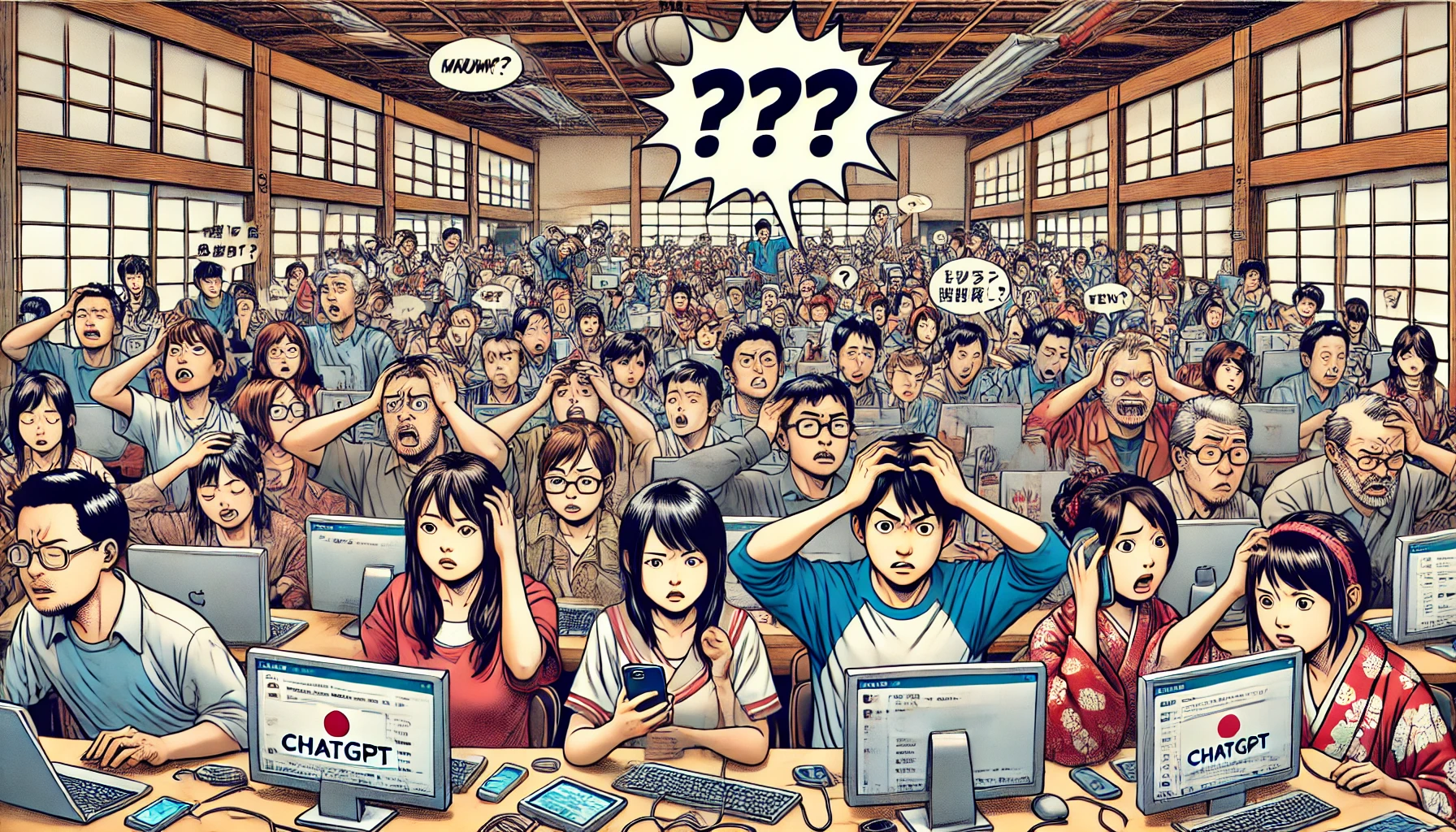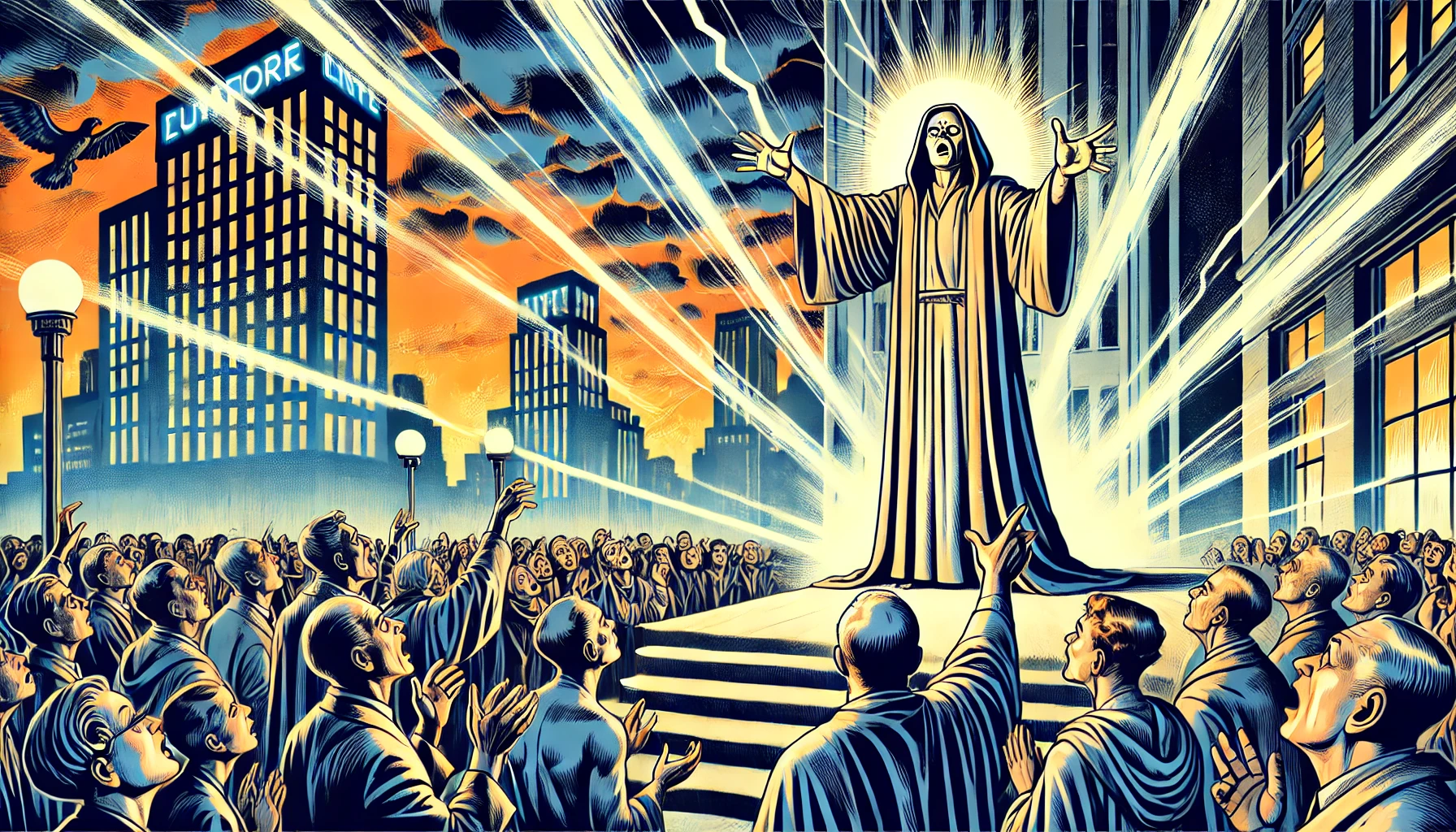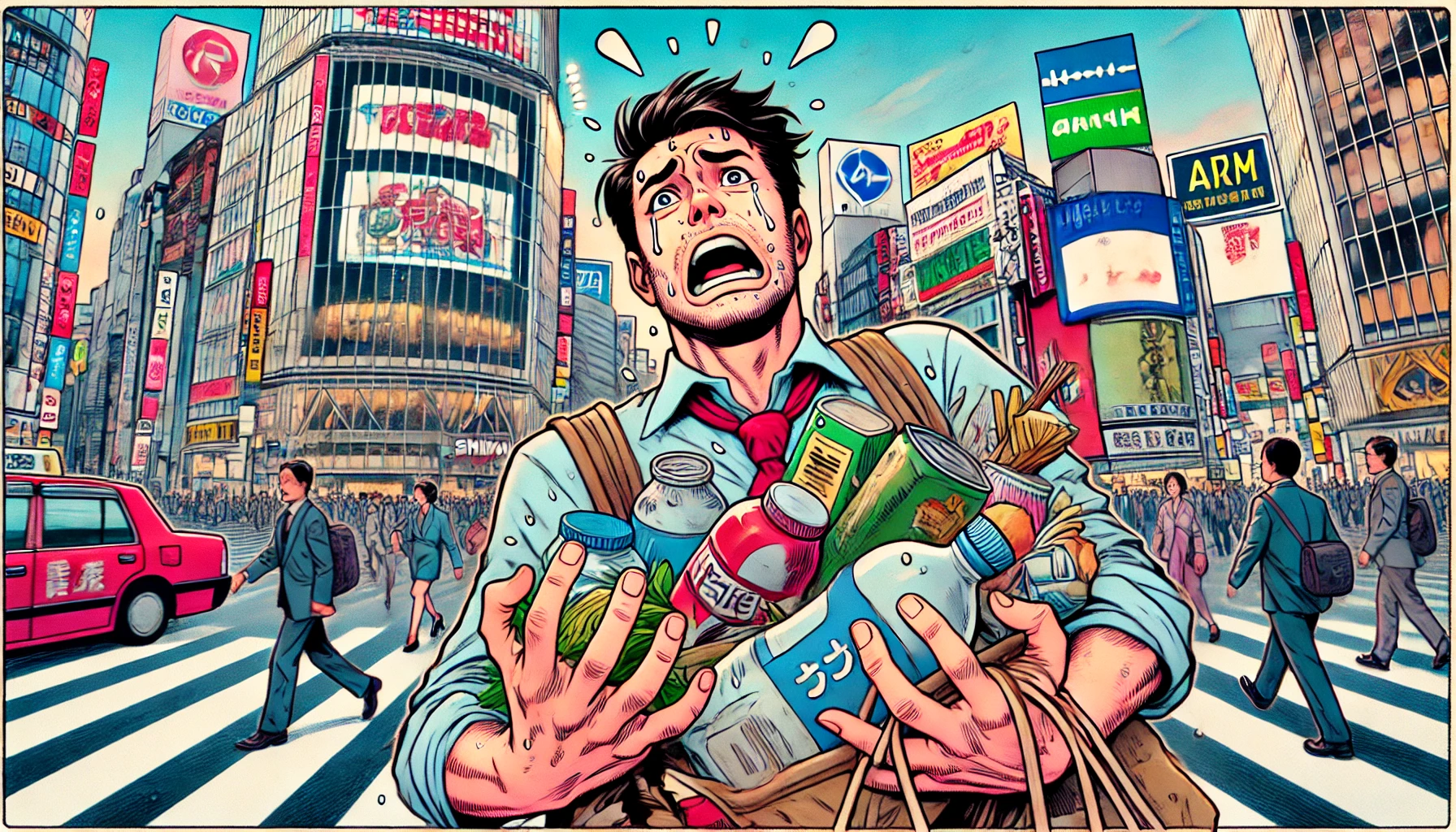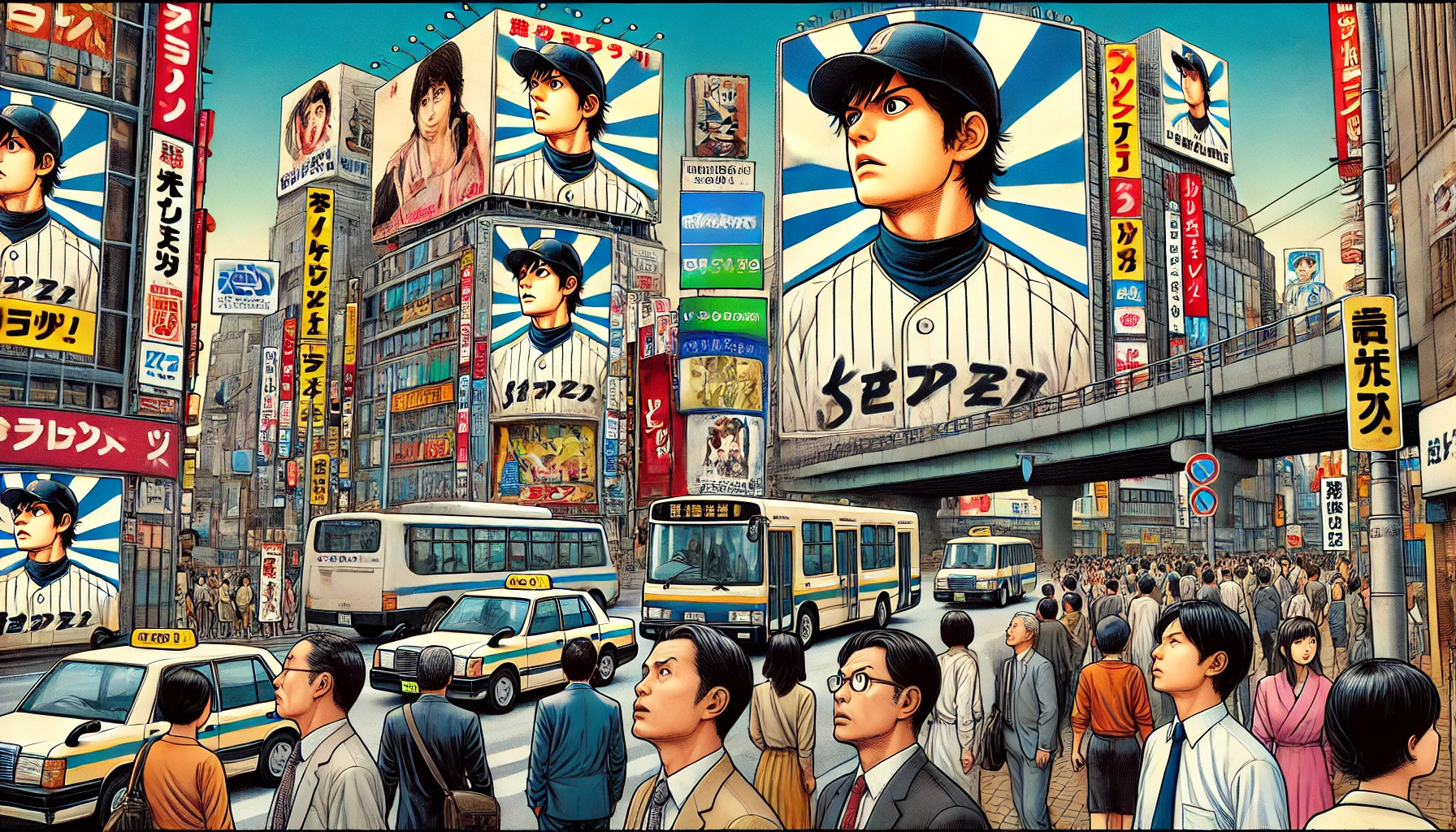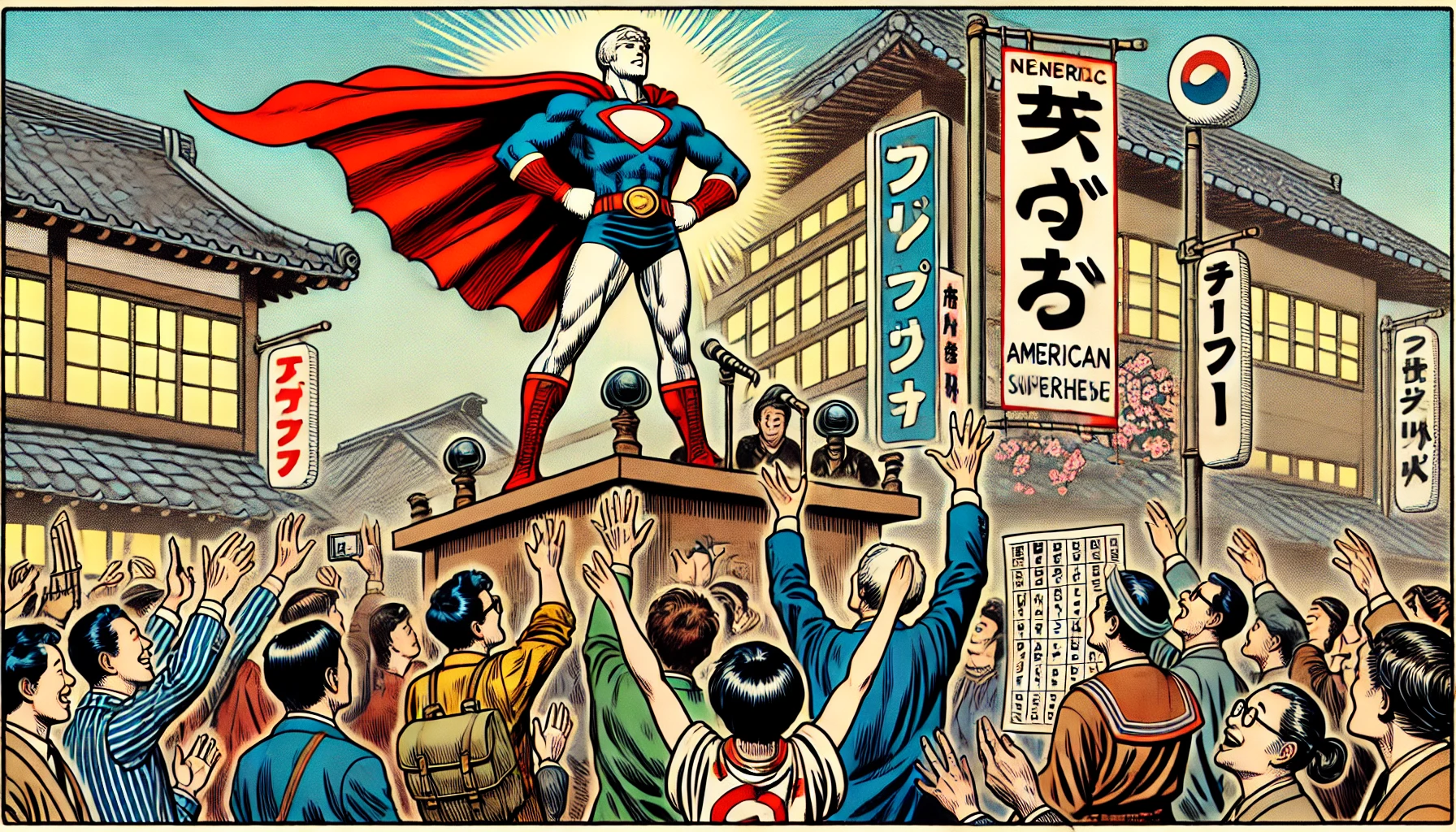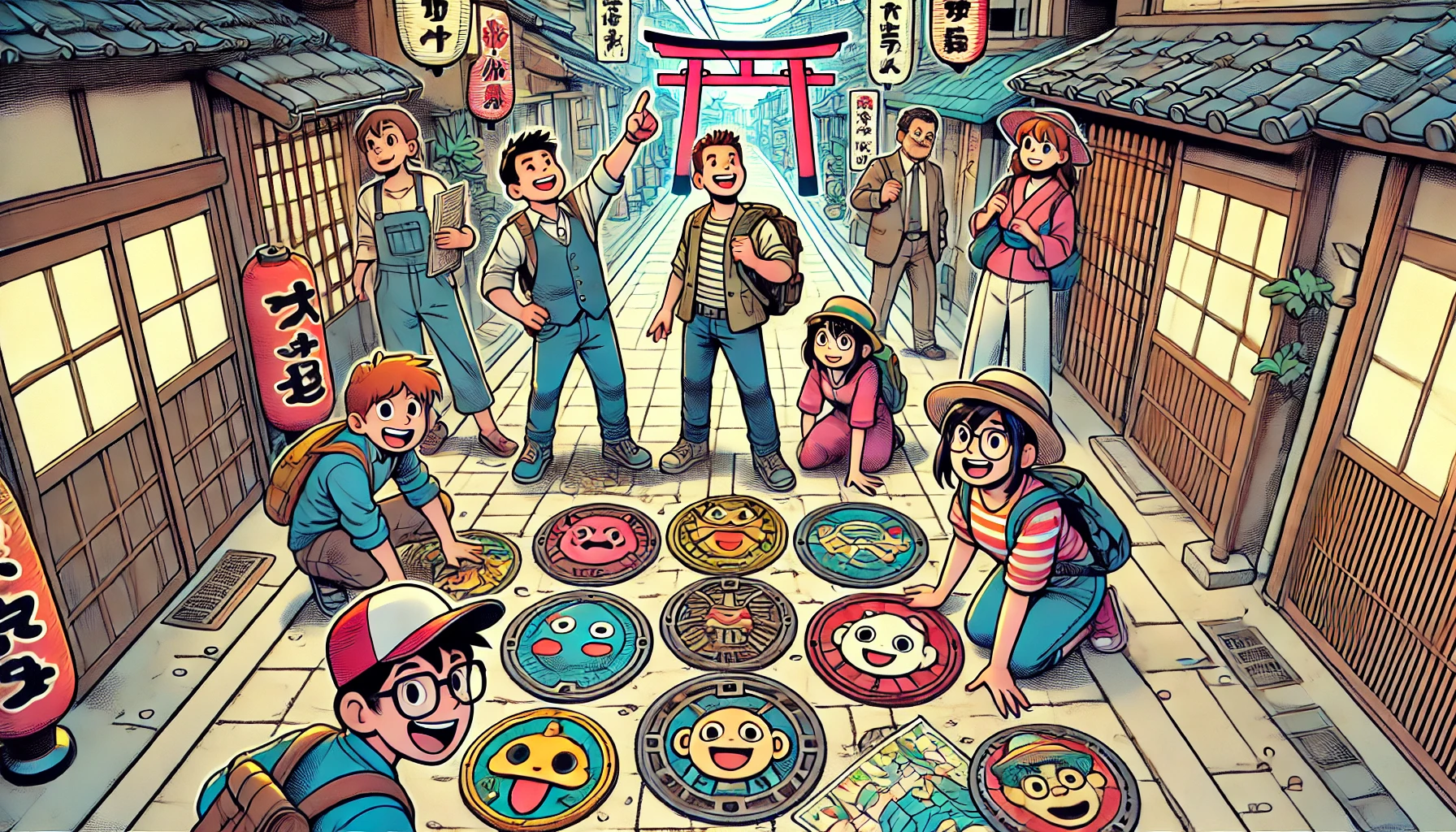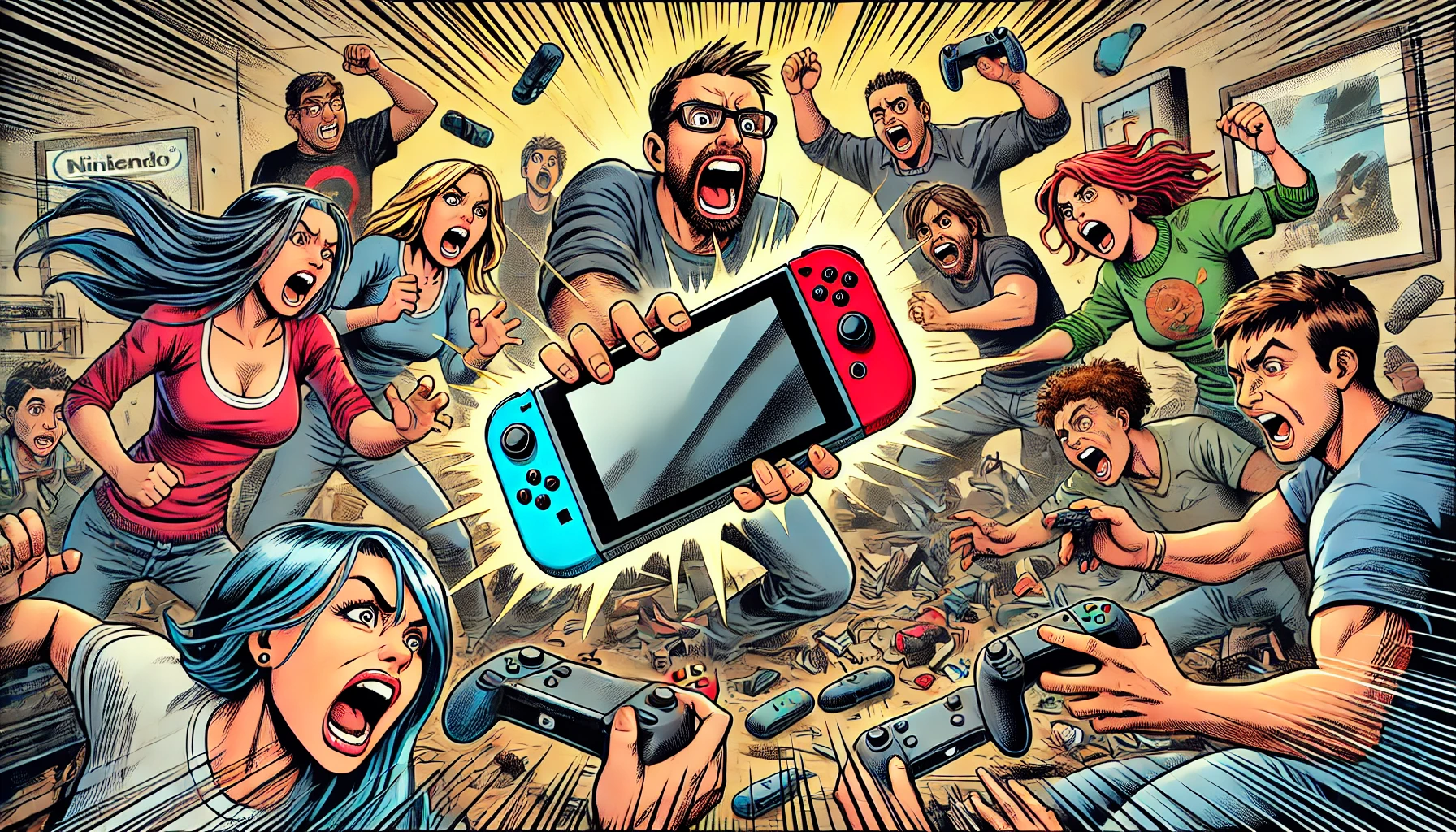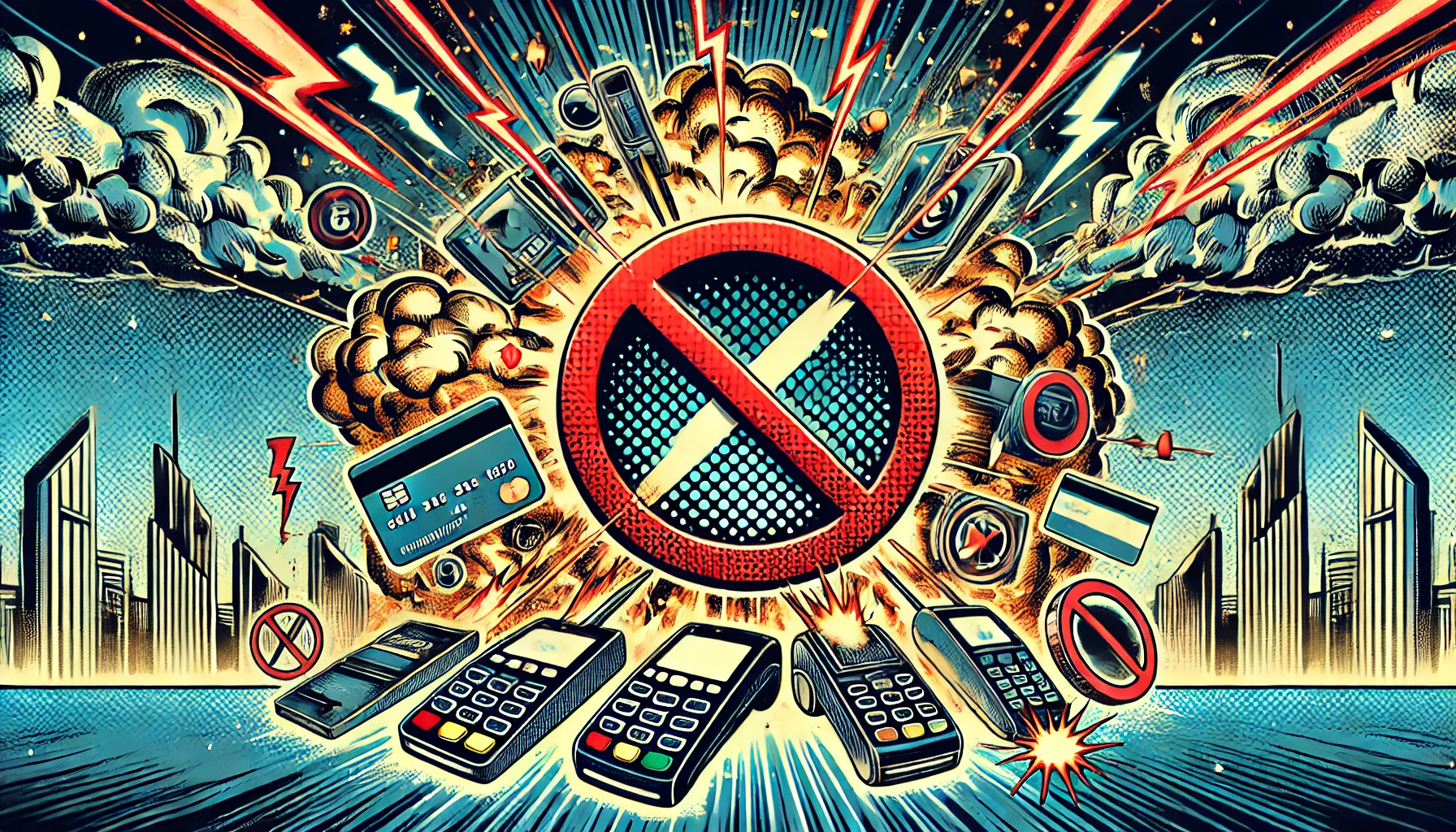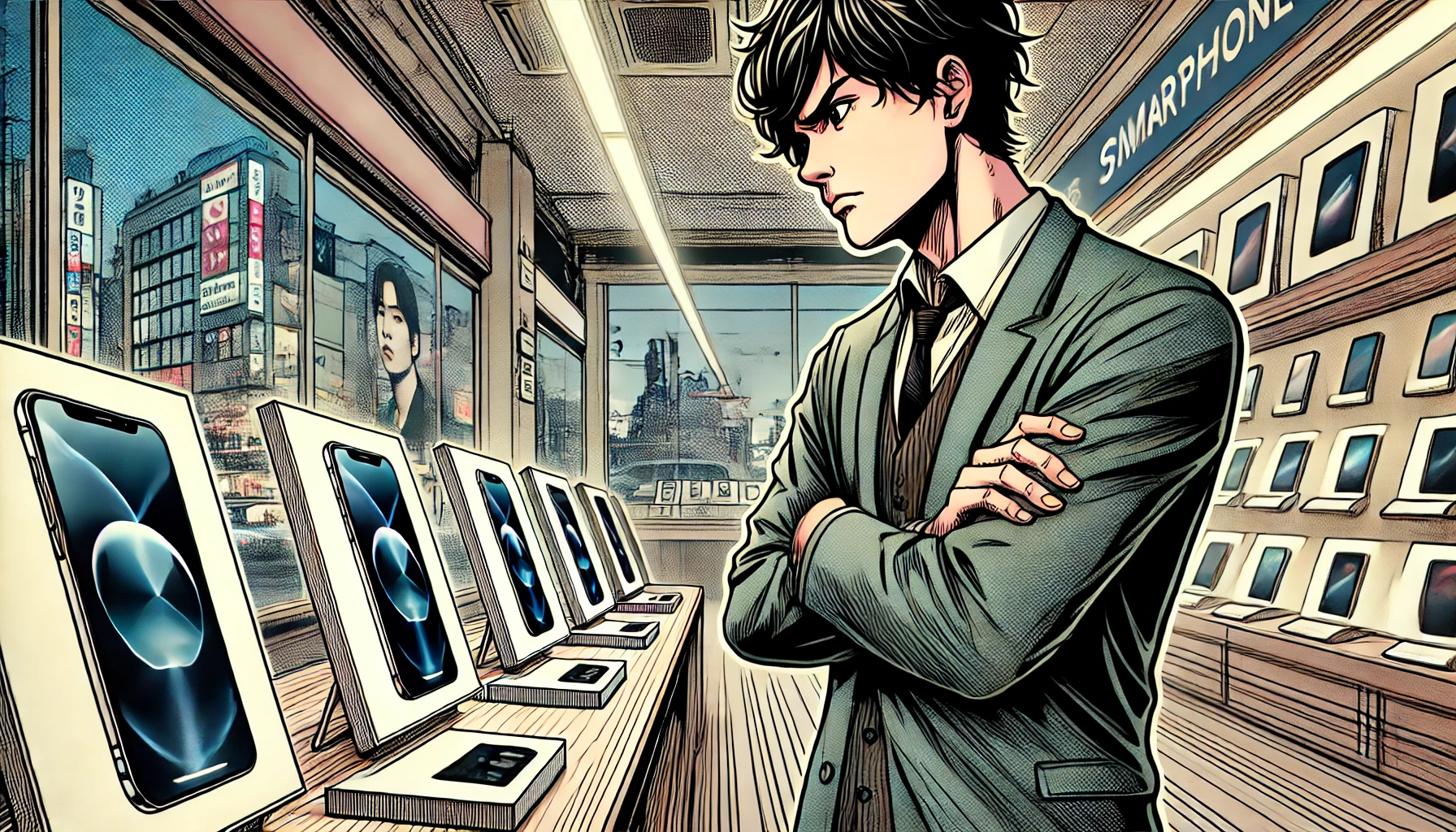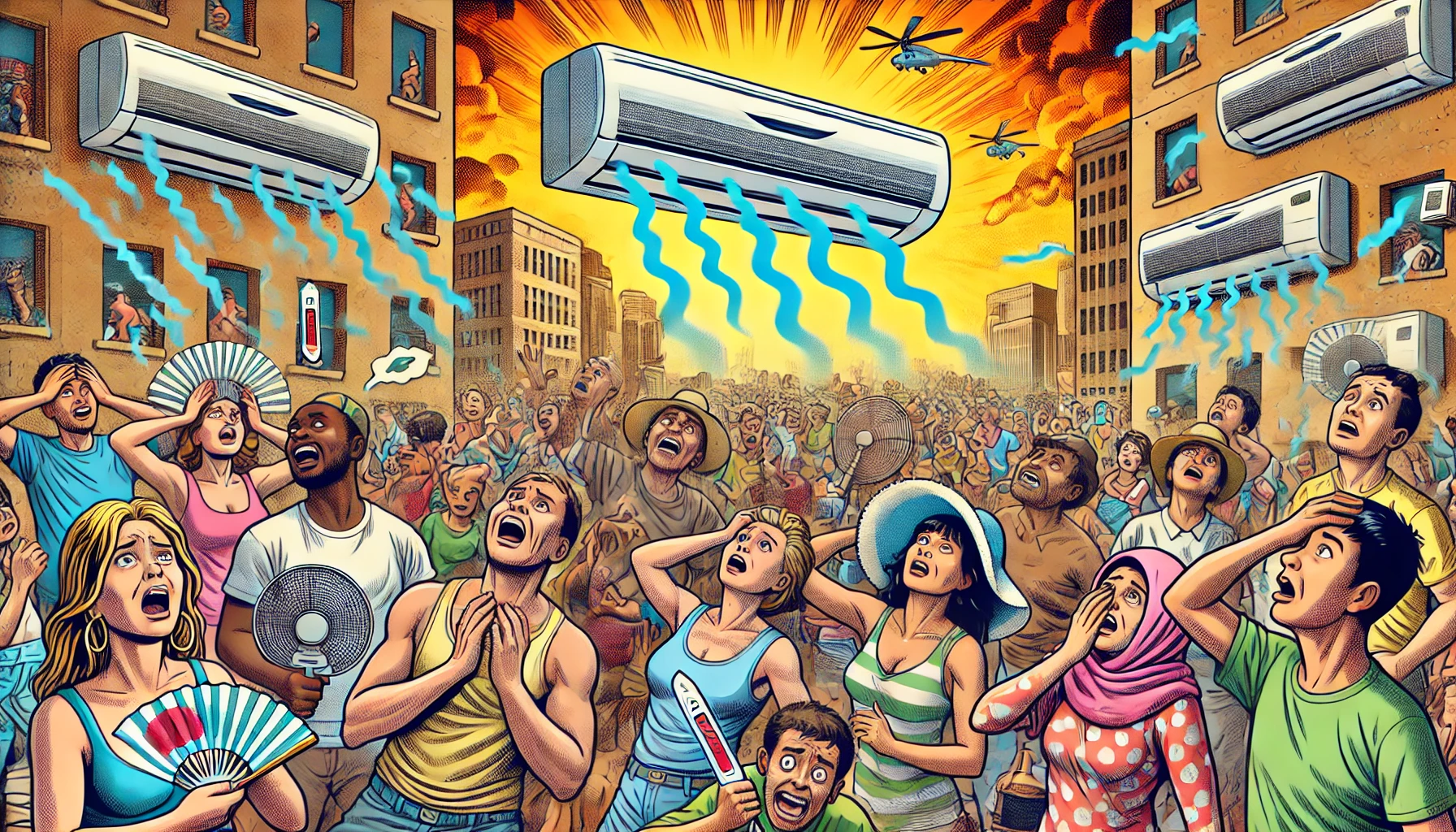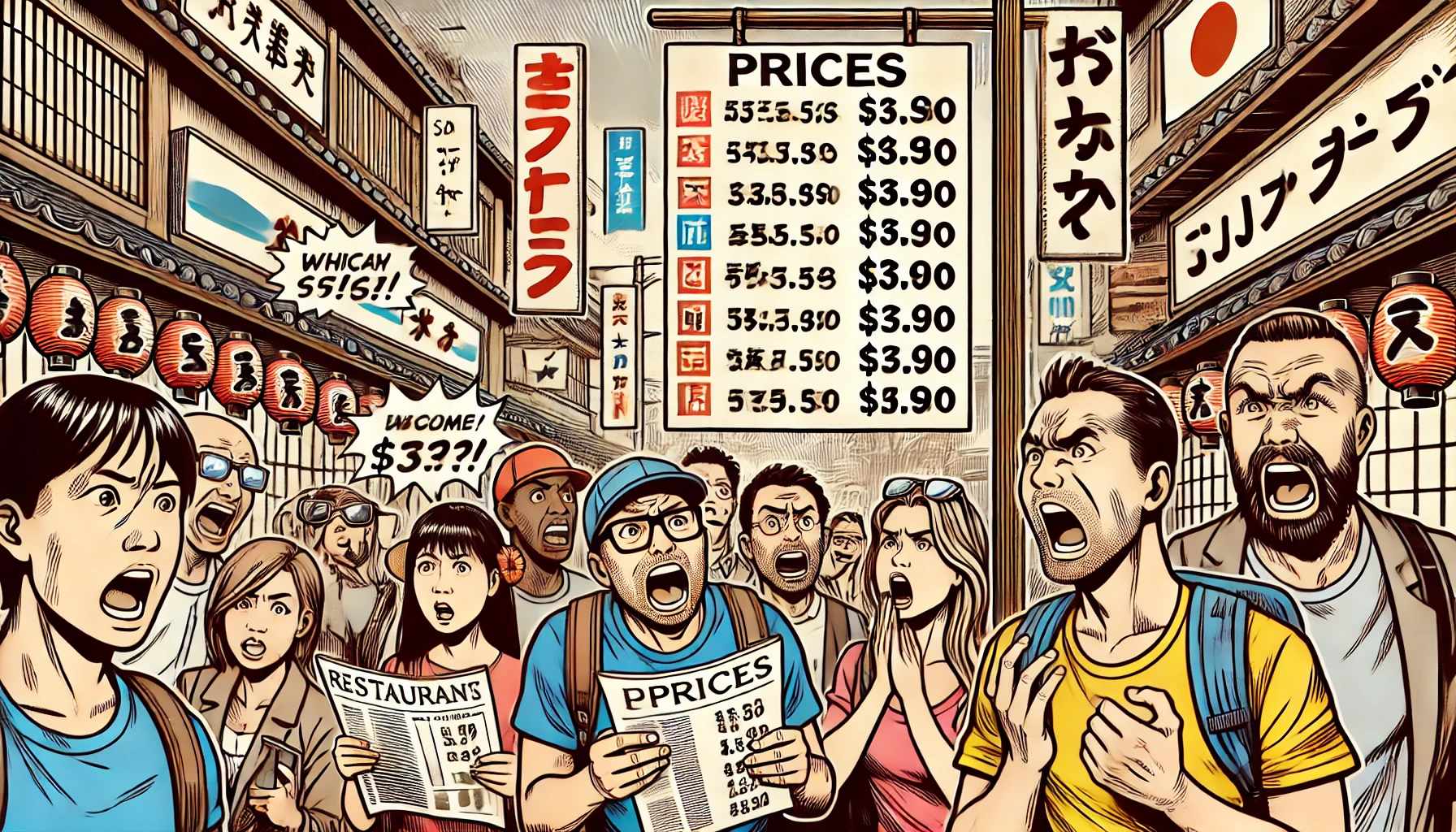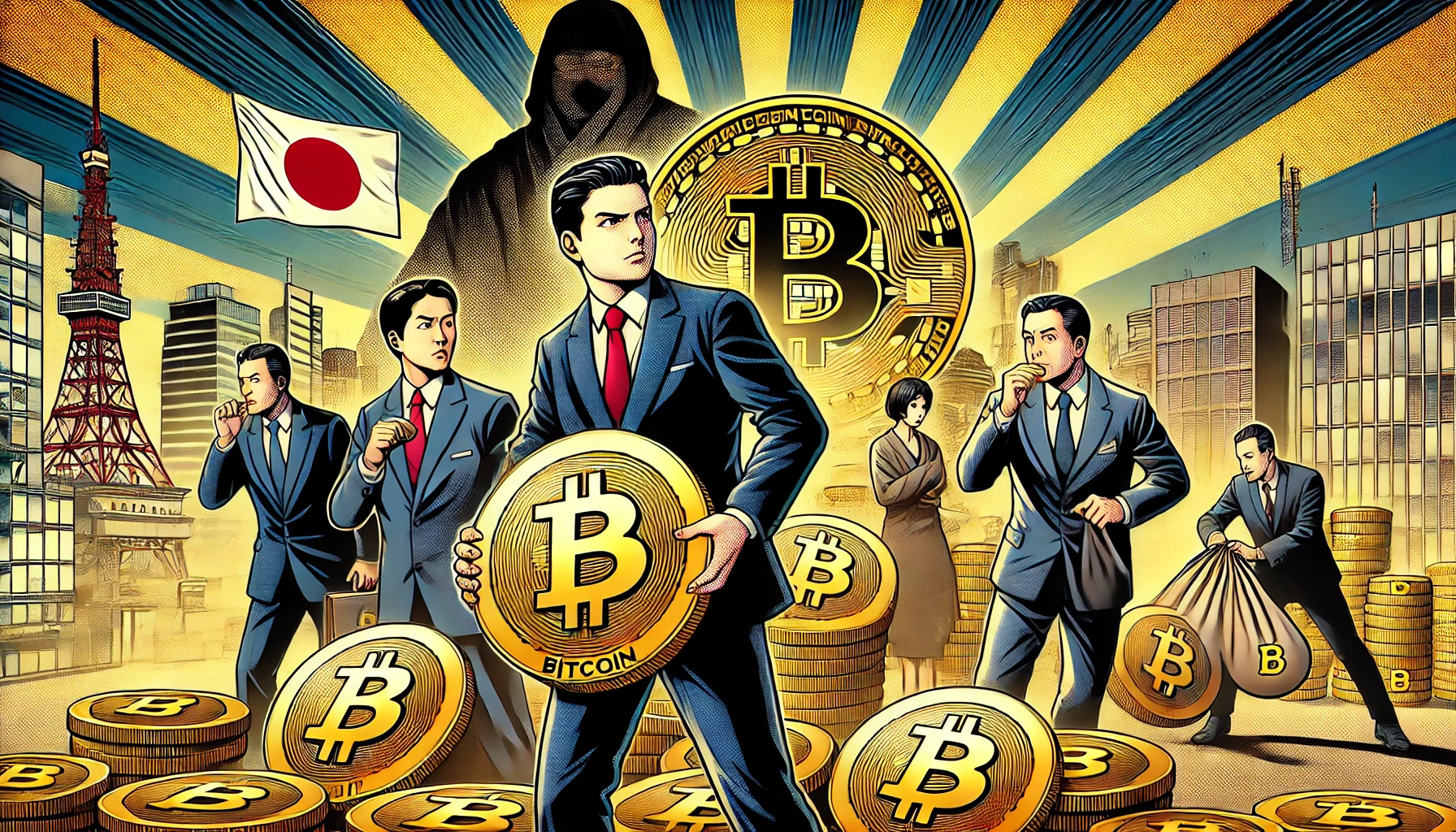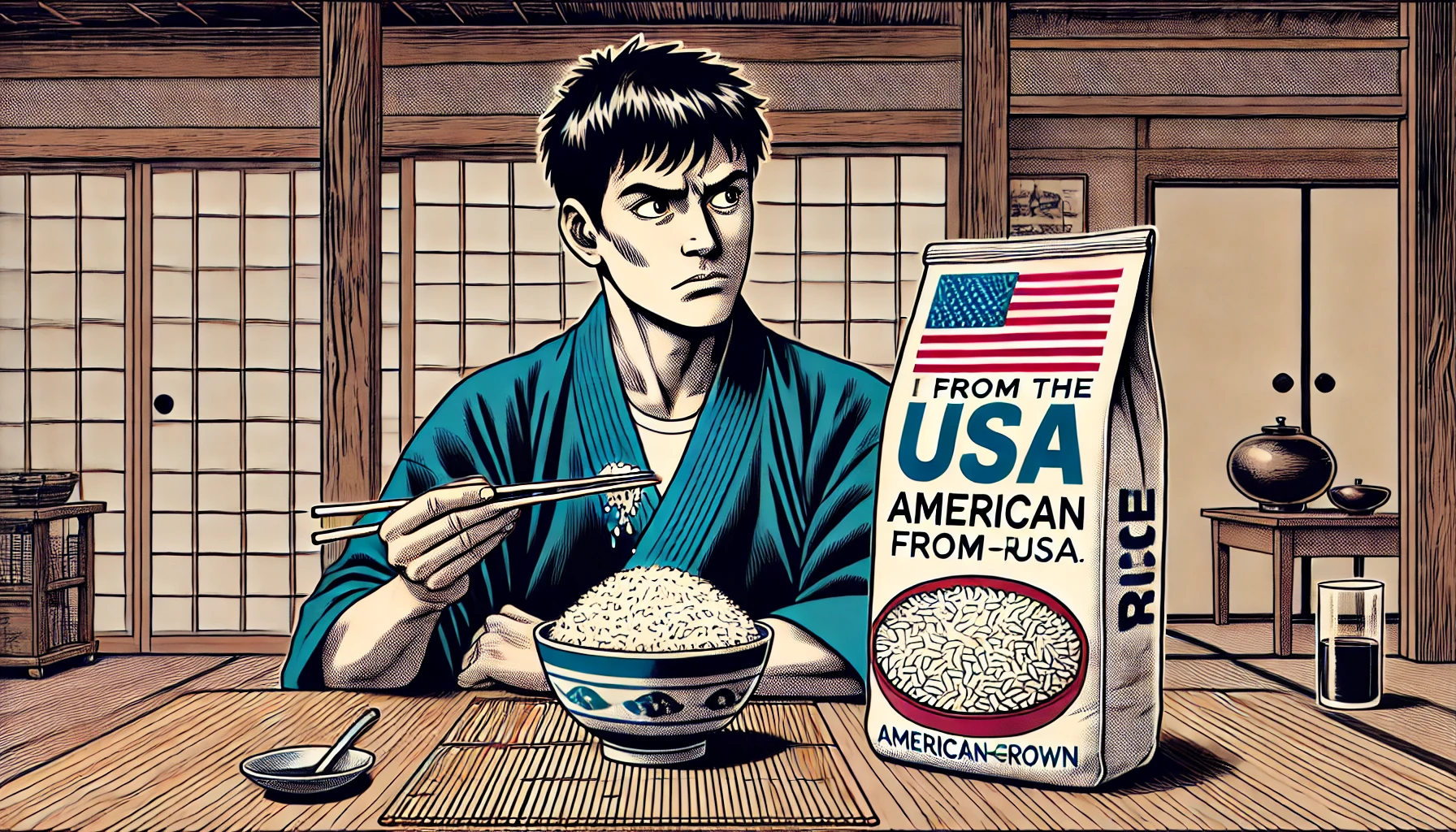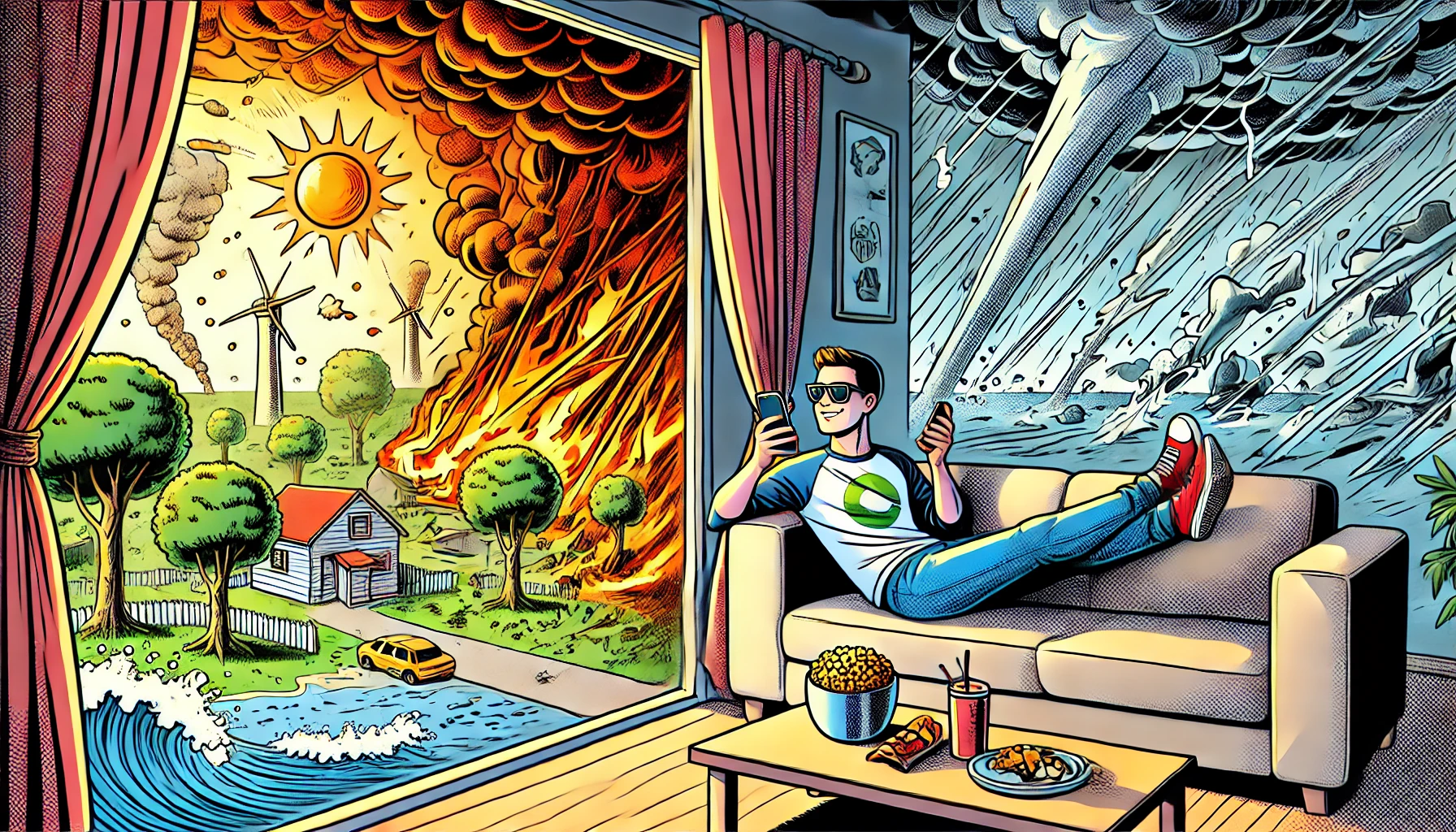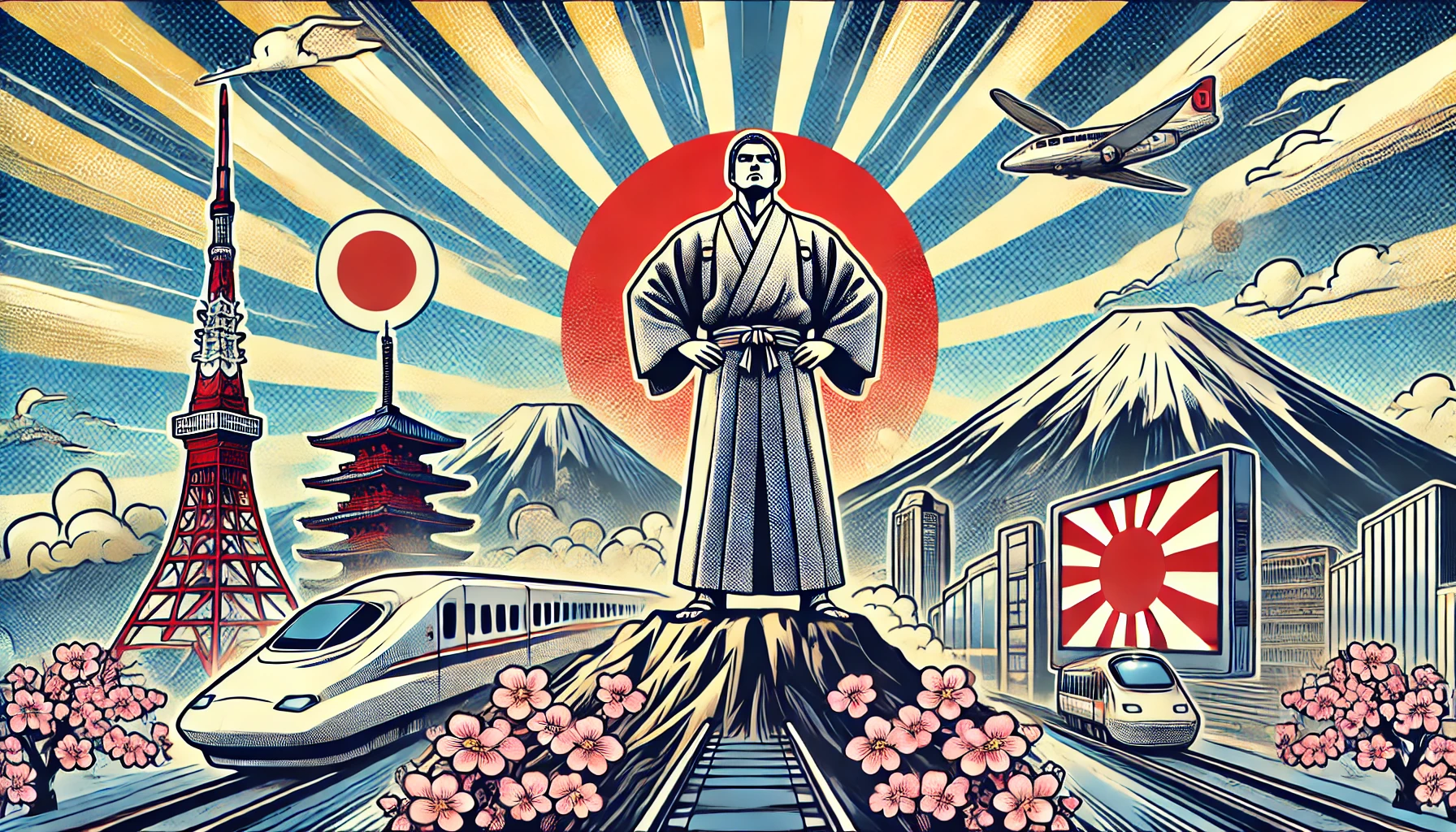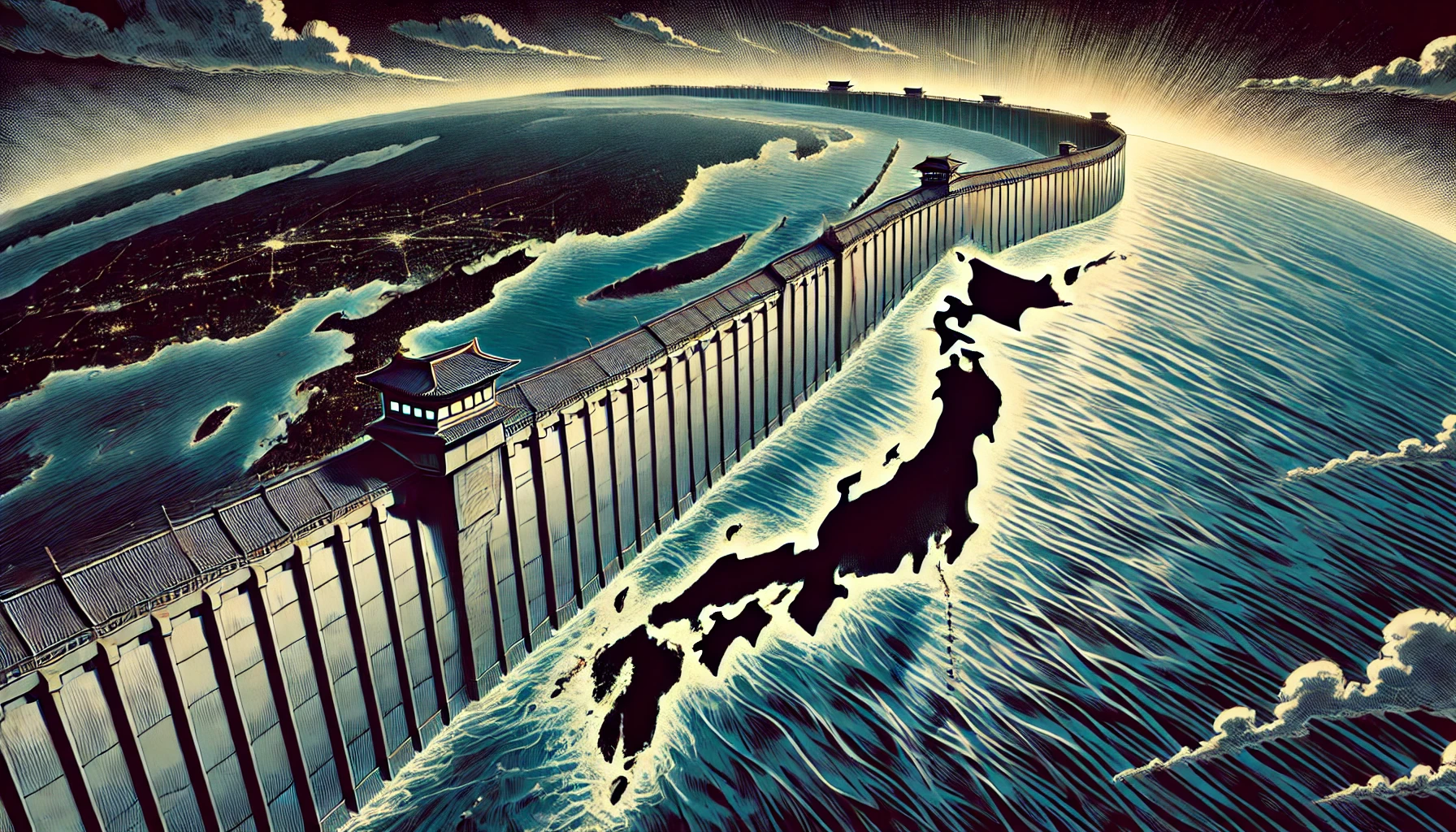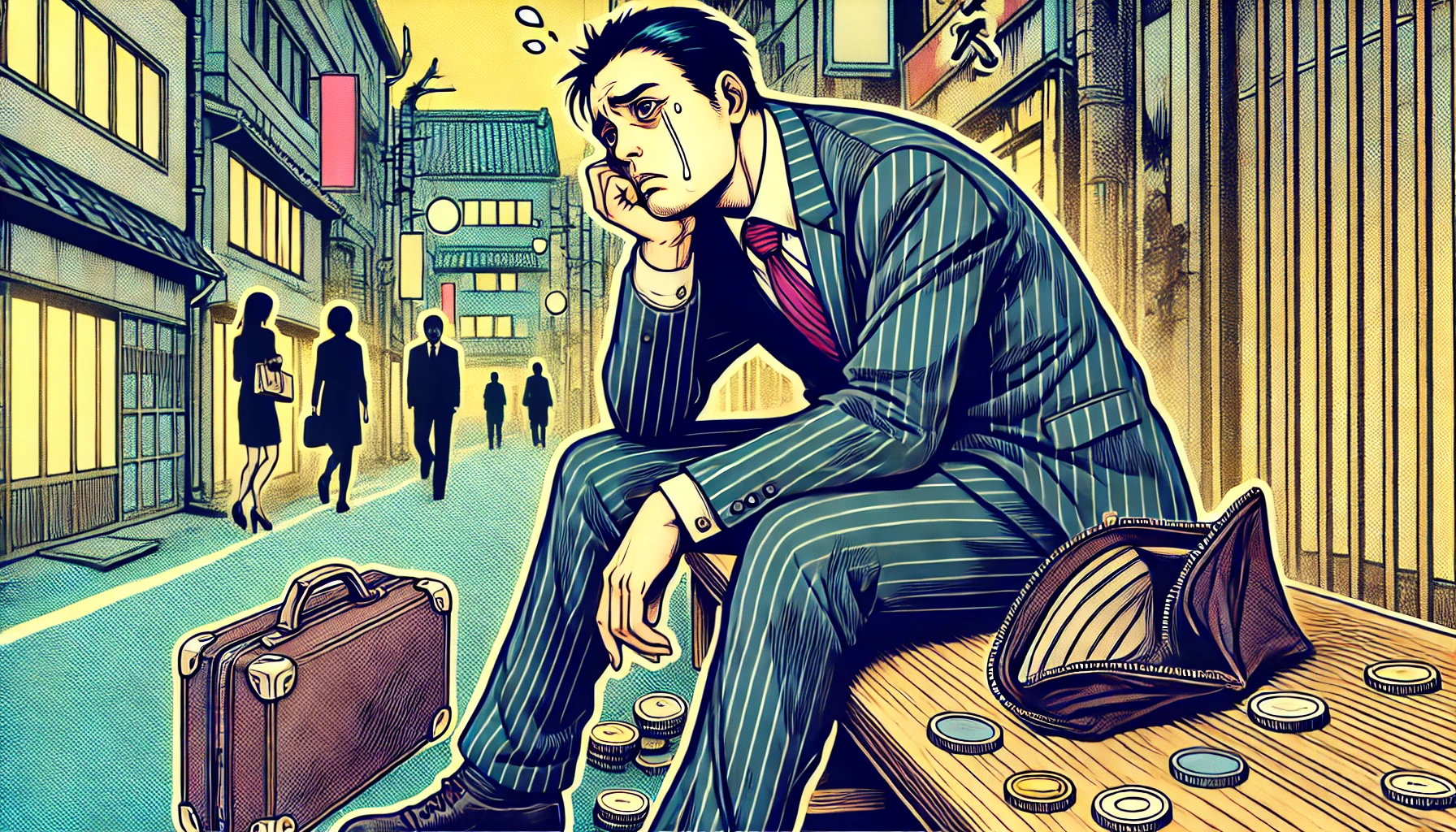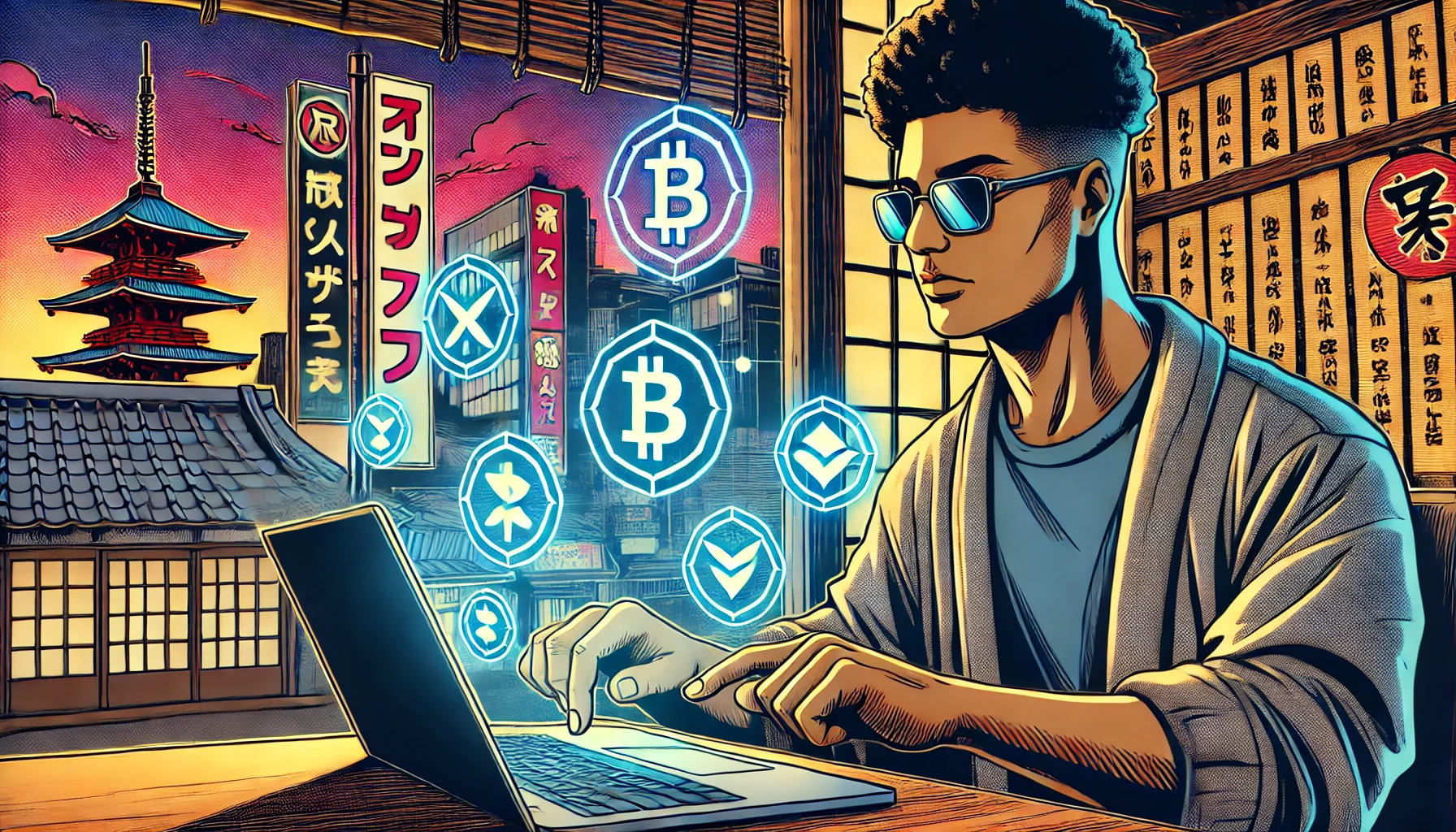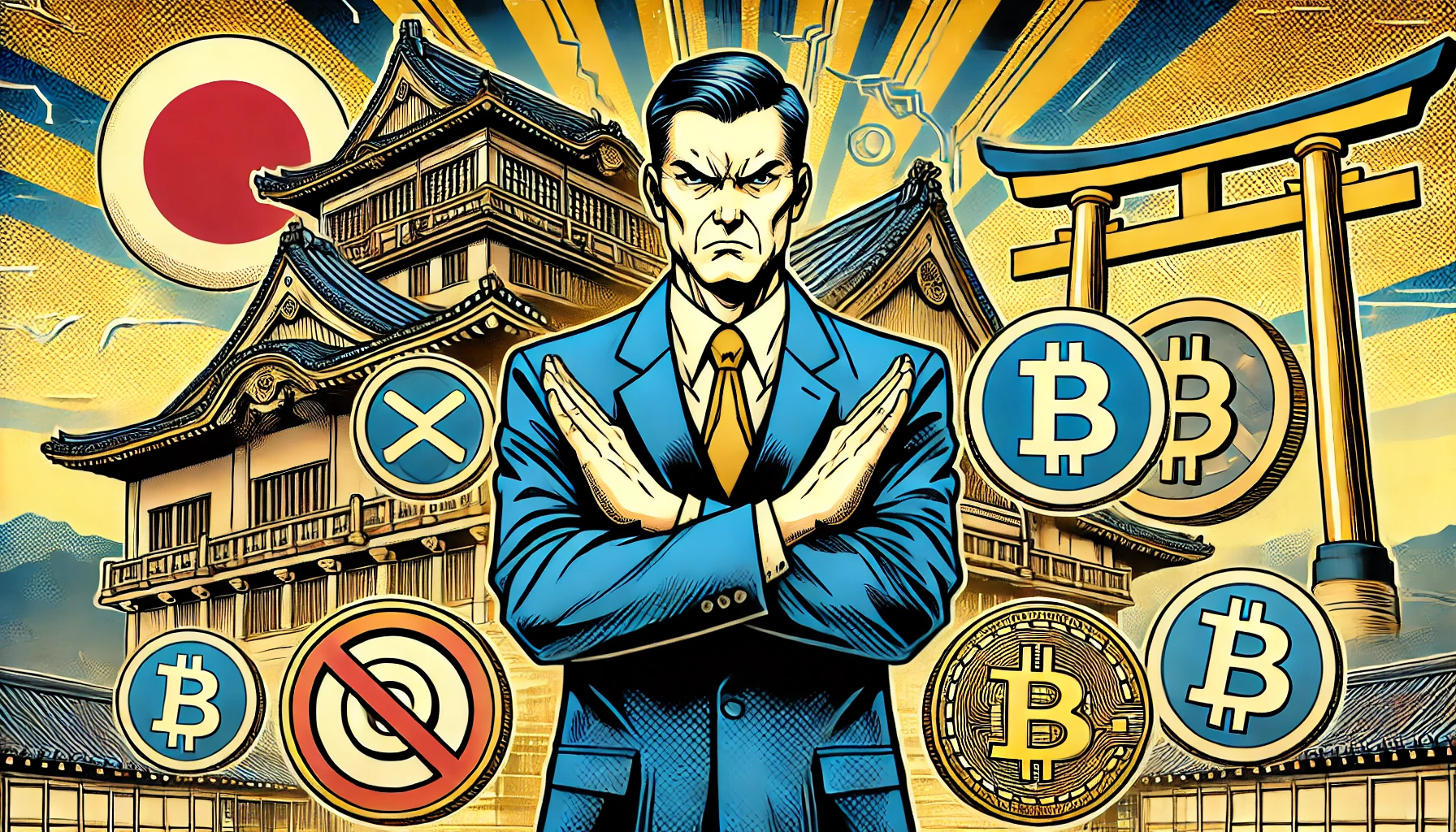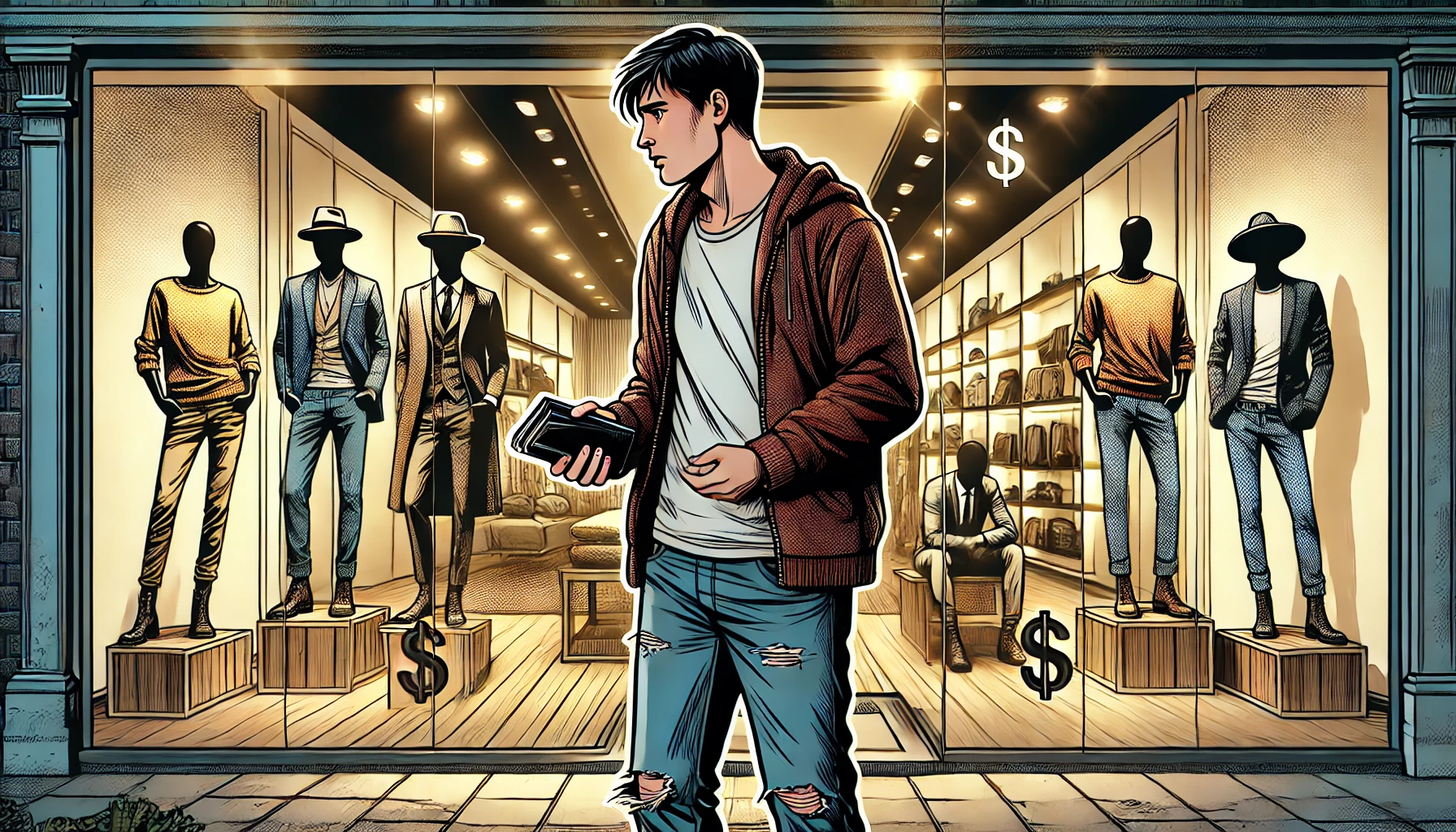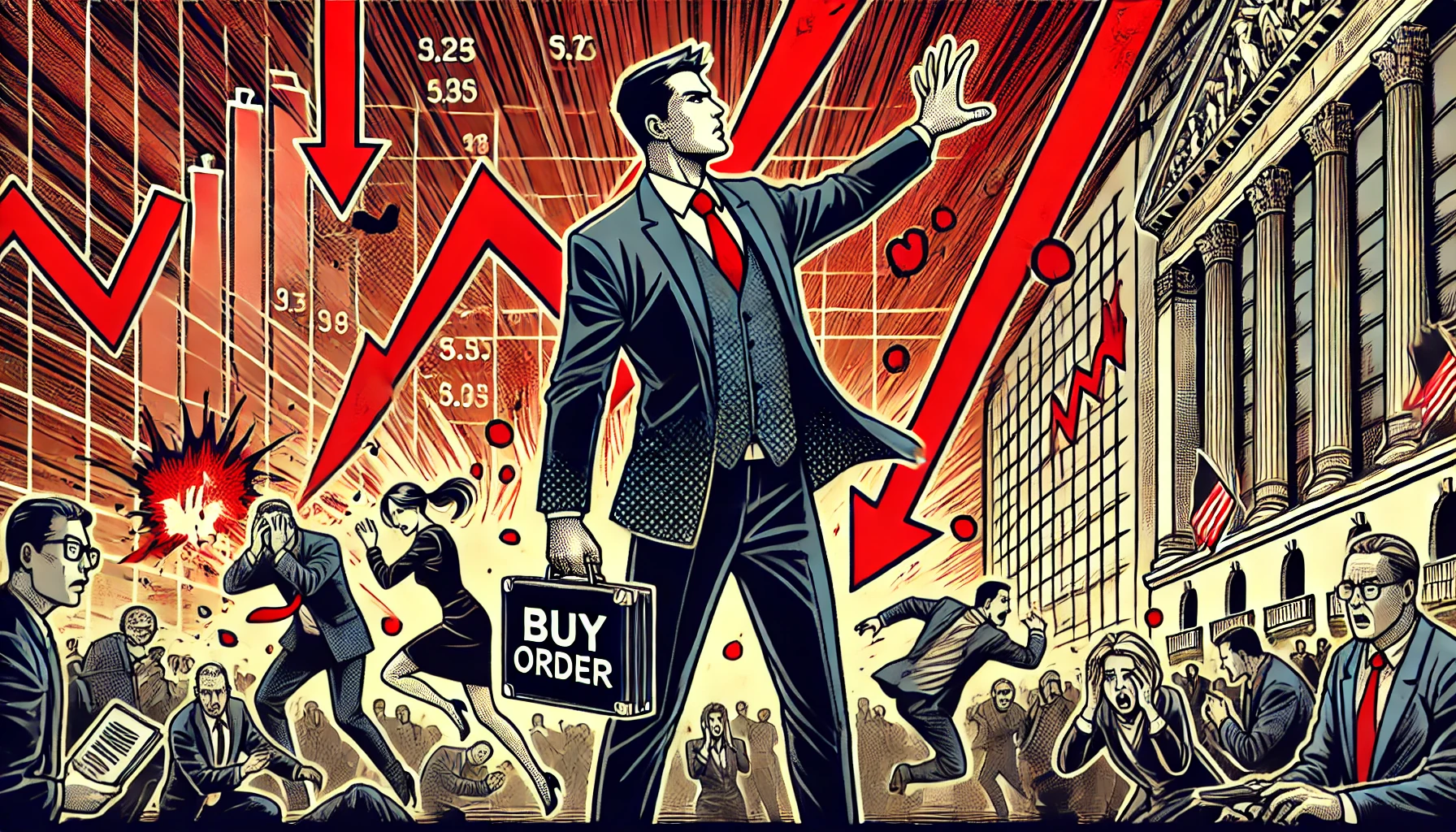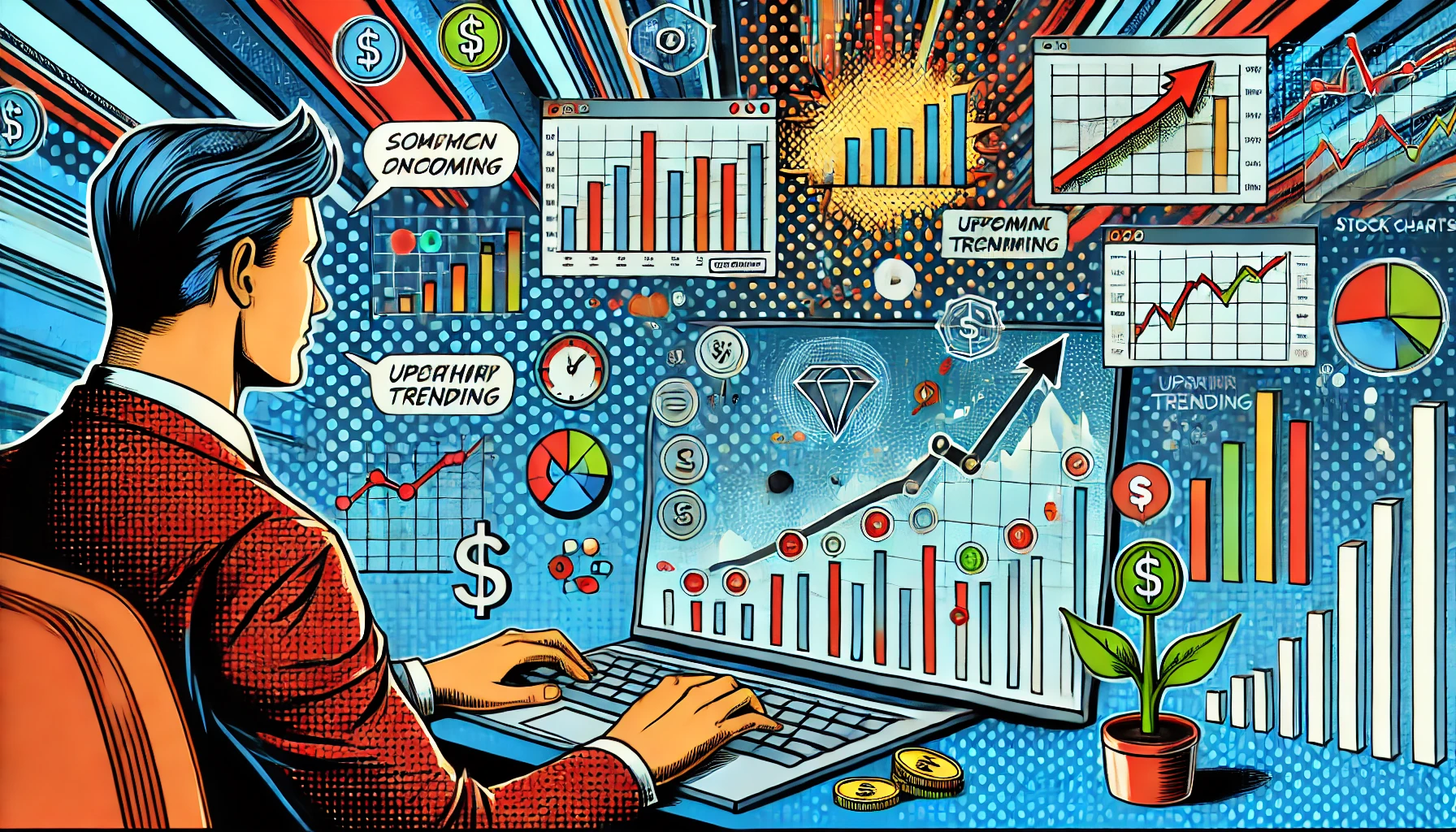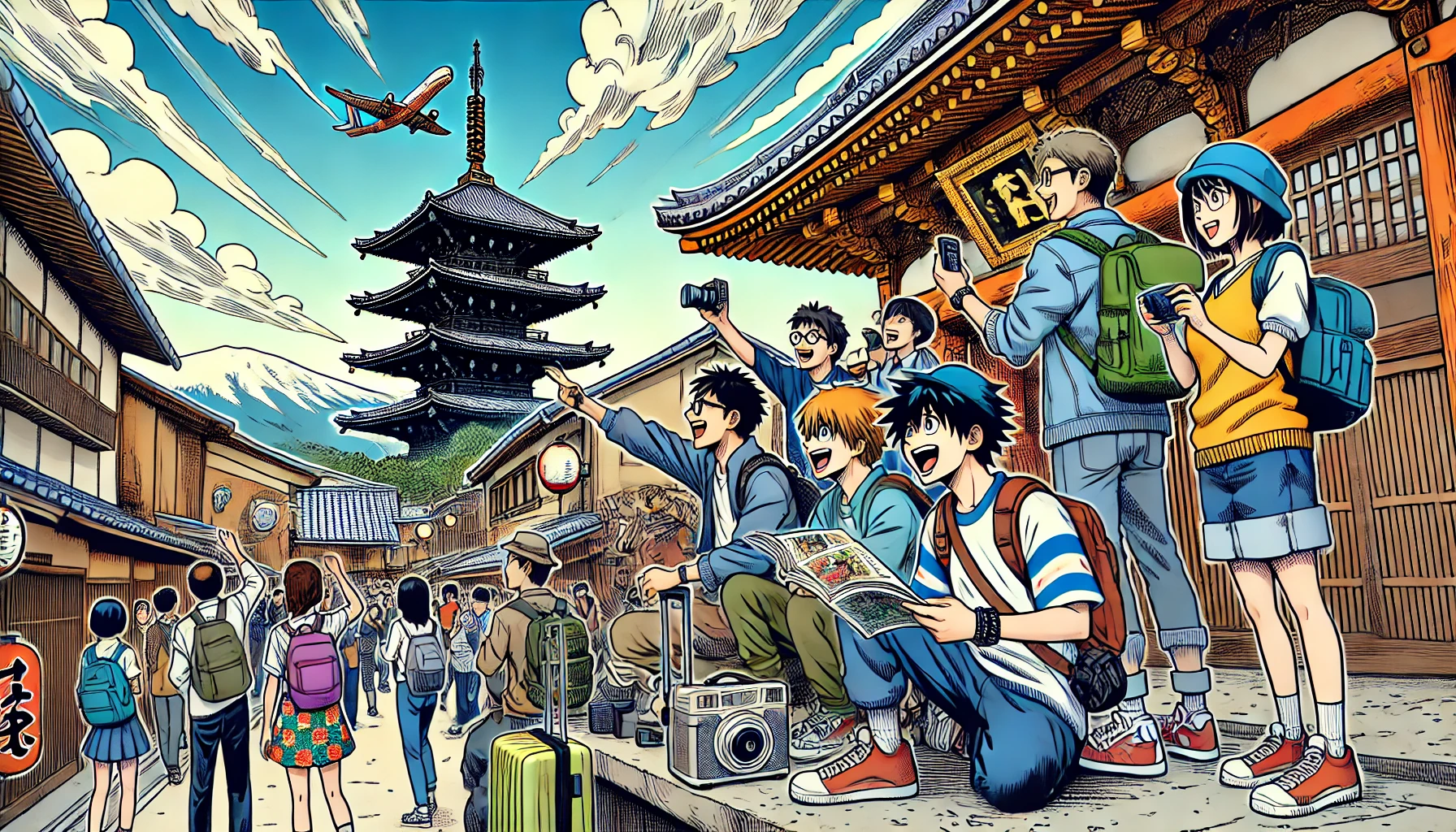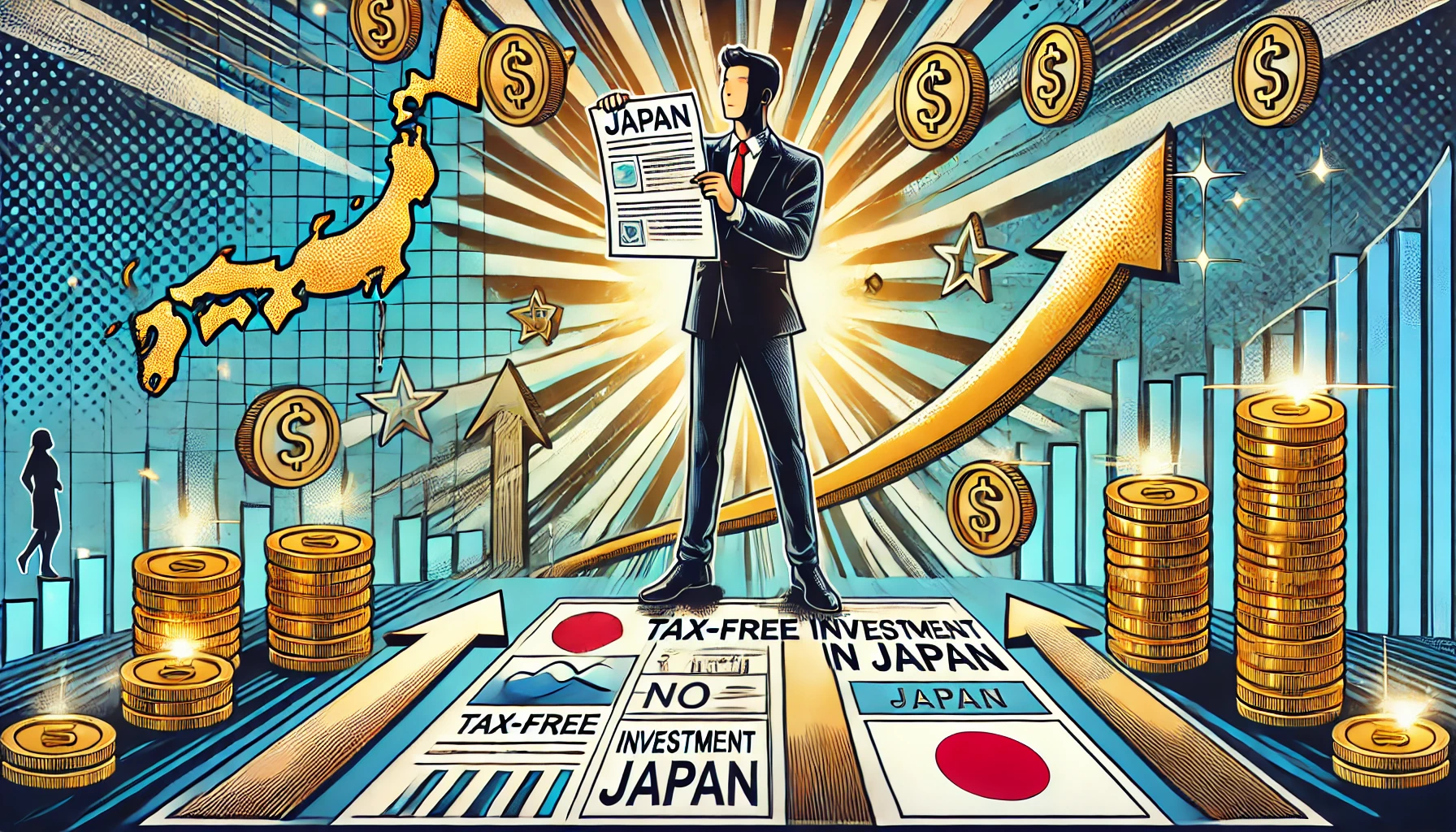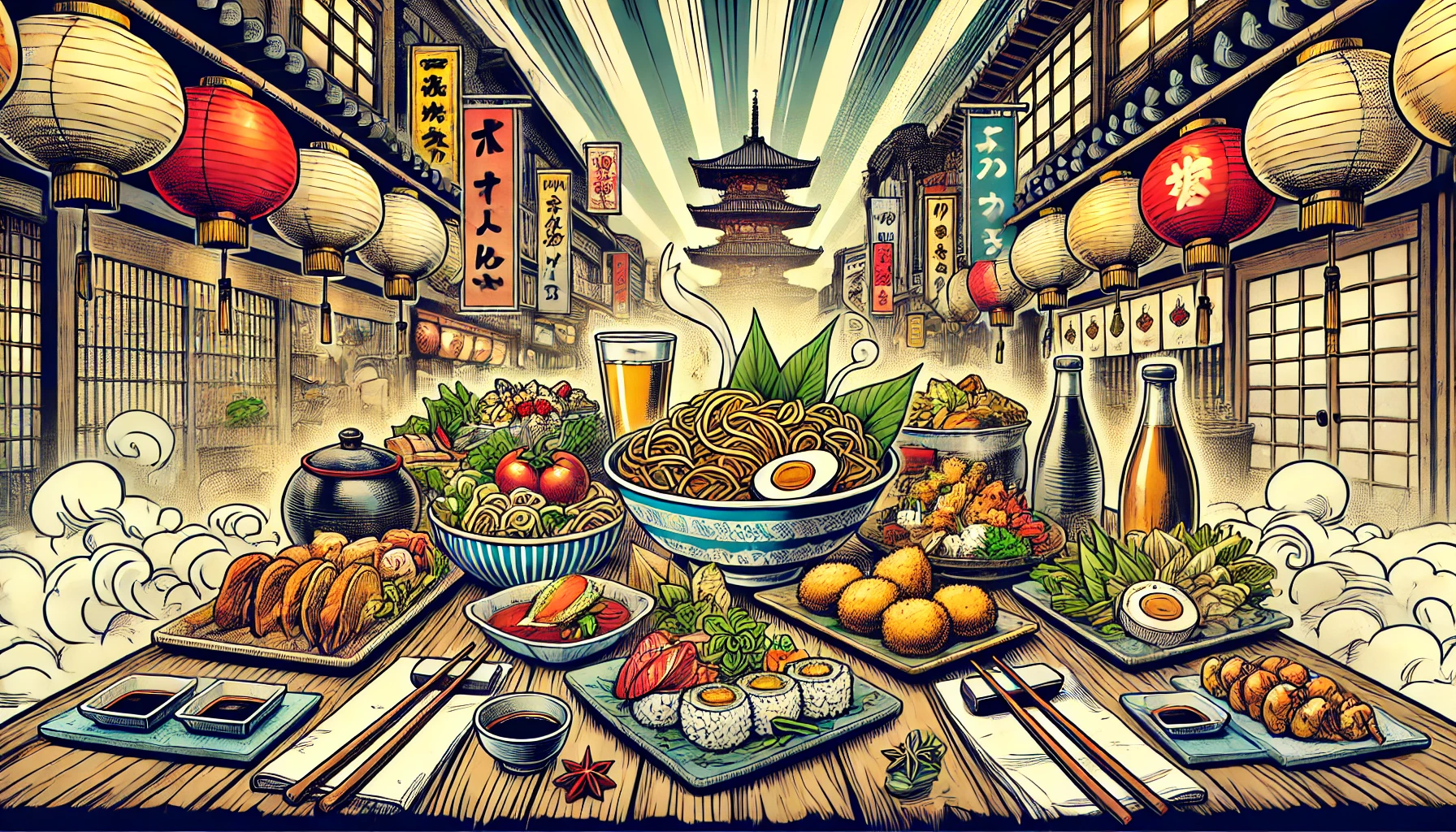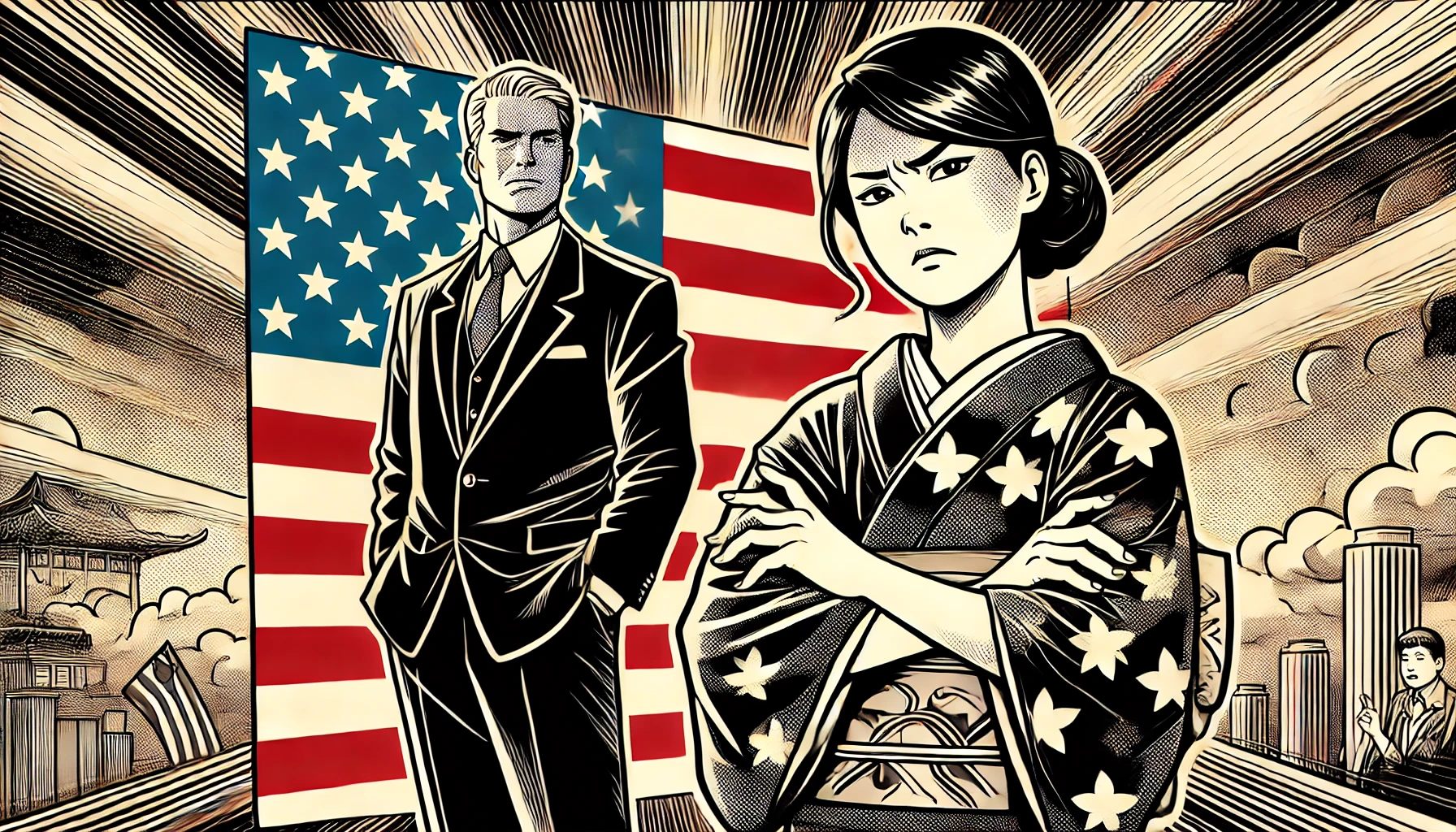
In the years following Donald Trump’s presidency, many in Japan are still reflecting on how his aggressive trade policies—especially tariffs—impacted the country’s perception of the United States. From 2018 to 2020, tensions between the two nations escalated over economic friction. But did these policies actually worsen how Japanese people view America?
As of 2025, the answer seems to be yes—at least temporarily. Let’s take a closer look at the past events and the current sentiment that followed.
The “America First” Tariff Shock 🇺🇸💥
Back in 2018, President Trump introduced sweeping tariffs on steel and aluminum, targeting even long-time allies like Japan. This move shocked many in Tokyo, who had believed their close relationship with Washington would shield them from such measures.
The U.S. administration followed up by threatening 25% tariffs on Japanese auto exports and accused Japan of unfair trade practices. These remarks were widely reported in Japan and fueled public concern. In Japanese media, Trump was quickly labeled as “Tariff Man,” and the phrase sparked anxiety across economic and political circles.
Japanese Public Reaction: From Concern to Pushback 😠
Surveys conducted during Trump’s term showed a clear rise in concern. By mid-2019, over 80% of Japanese respondents said they feared that U.S. tariffs would harm Japan’s economy. This fear wasn’t just theoretical—Japan’s auto industry, steel exports, and consumer goods were directly at risk.
What was unusual, however, was the public’s growing support for countermeasures. Japanese people—typically cautious when it comes to diplomacy—began to favor retaliatory tariffs. Polls at the time showed that a majority supported Japan taking a firmer stance instead of conceding to U.S. demands.
This was a turning point. It wasn’t just about trade; it was about fairness, respect, and the nature of Japan’s alliance with America.
A Dip in Favorability 📉
The impact of Trump’s tariffs extended beyond economics. From 2018 to 2020, Japan’s favorability ratings toward the United States declined sharply. In 2018, around two-thirds of Japanese held a positive view of the U.S. But by 2020, that number had dropped to below half.
Trust in the American president also collapsed. Only a small percentage of Japanese respondents said they trusted Trump to make the right decisions on international affairs. In contrast, trust levels rebounded sharply in 2021 after President Biden took office, suggesting that Trump’s policies—not the U.S. as a whole—were the main source of dissatisfaction.
Media and Online Reactions 📰📱
During the height of the tariff disputes, Japanese newspapers published critical editorials. Many called Trump’s policies “unfair,” “disruptive,” and “a threat to global trade.” Headlines warned of a breakdown in trust between the two countries.
Social media also played a role. Japanese Twitter users expressed frustration, sarcasm, and disbelief. Some joked that no one in Japan would suddenly buy American cars just because tariffs were imposed. Others questioned whether the U.S. still valued Japan as a partner.
The online conversation made one thing clear: people in Japan felt disappointed and even insulted by the way Trump handled trade with allies.
Lasting Impact in 2025 🤝
Now in 2025, Japanese sentiment toward the U.S. has largely recovered. Relations improved under the Biden administration, and public opinion polls have shown a renewed sense of trust and favorability.
However, the memory of the “tariff wars” still lingers. Japanese business leaders and policymakers now speak more openly about the risks of relying too heavily on any one trade partner—even the United States. Economic diversification has become a stronger national goal, partly due to lessons learned during the Trump years.
In short, Trump’s tariffs did strain U.S.-Japan relations. While the damage wasn’t permanent, it served as a wake-up call. The Japanese public realized that even close allies can turn hostile under certain leaders—and that alliances must be backed by mutual respect, not just history.
Conclusion
The Trump administration’s tariffs were more than just a policy shift—they were a symbol of unpredictability. In Japan, they triggered fear, disappointment, and a rare pushback against a trusted ally. While public sentiment toward the U.S. has improved in the years since, many Japanese still remember how quickly trust can fade when economic pressure replaces diplomacy.
As 2025 moves forward, both countries appear committed to rebuilding stronger, more balanced ties. But the tariff era remains a reminder that even the strongest alliances are not immune to disruption.

